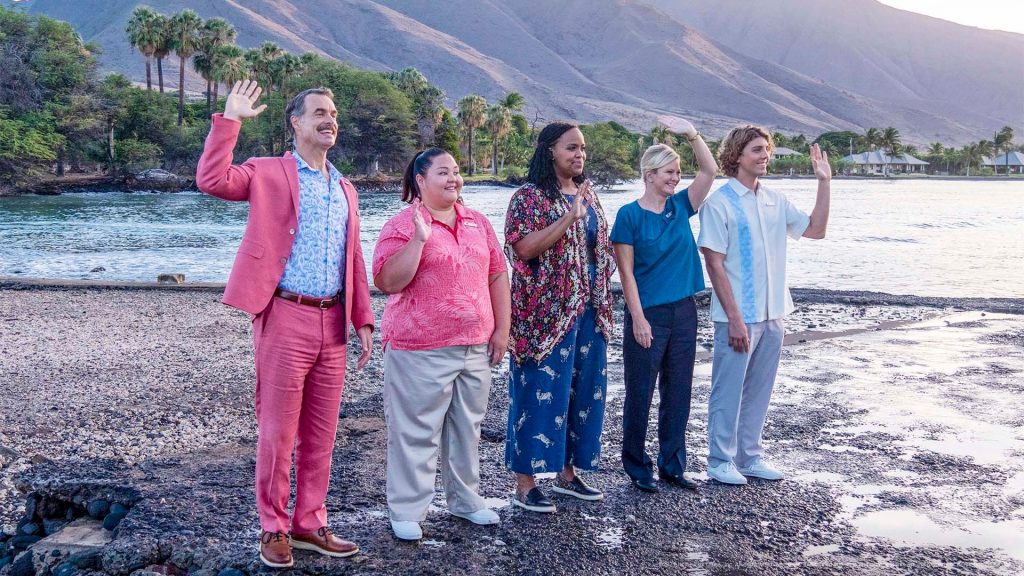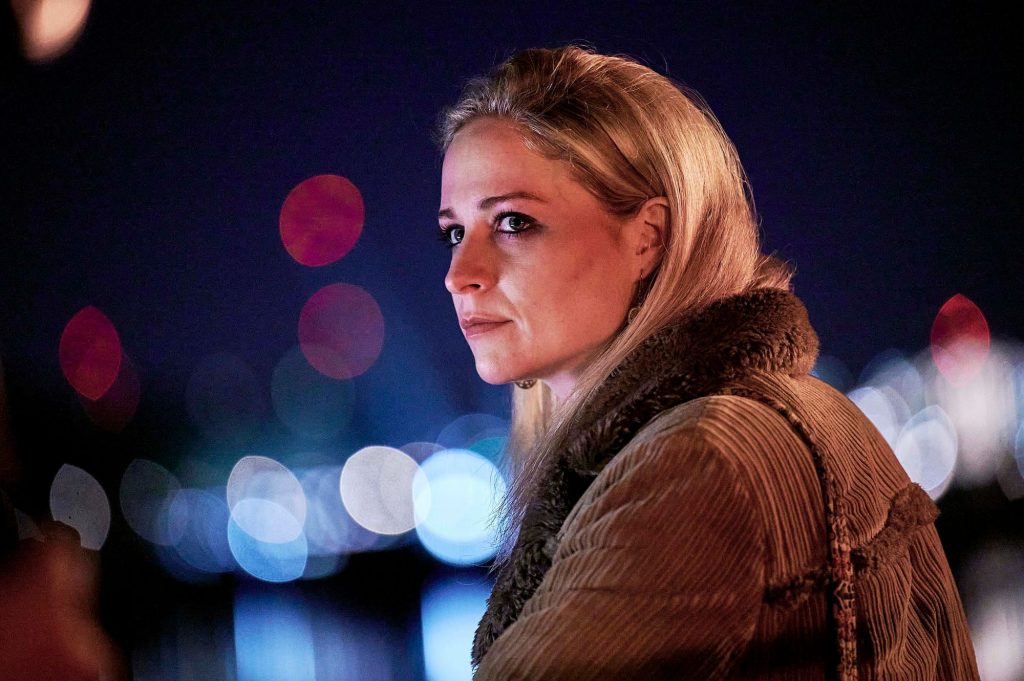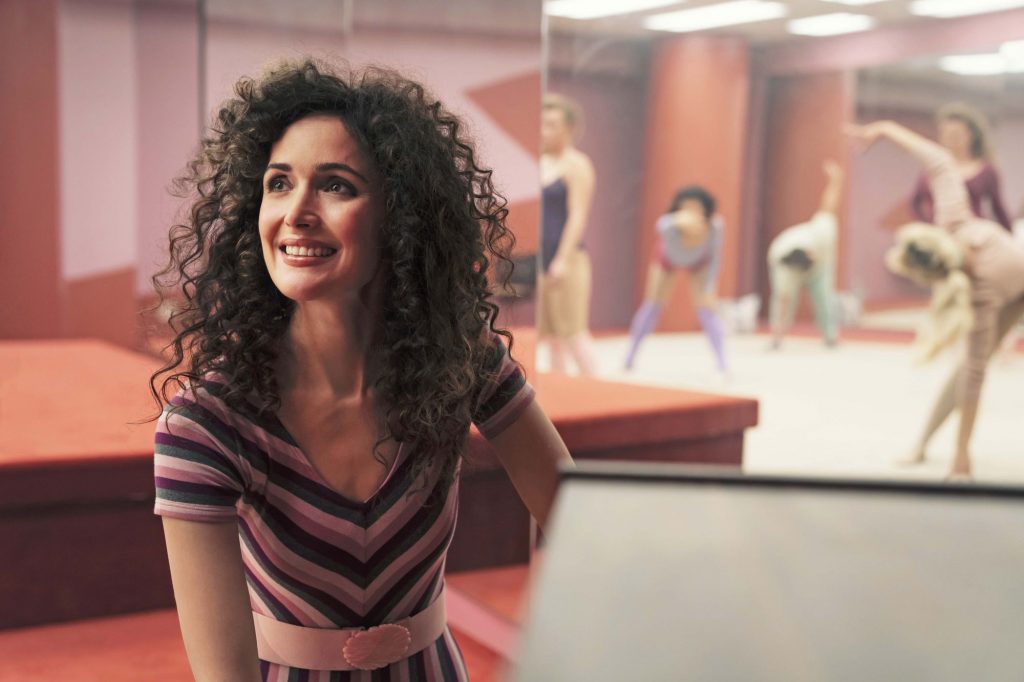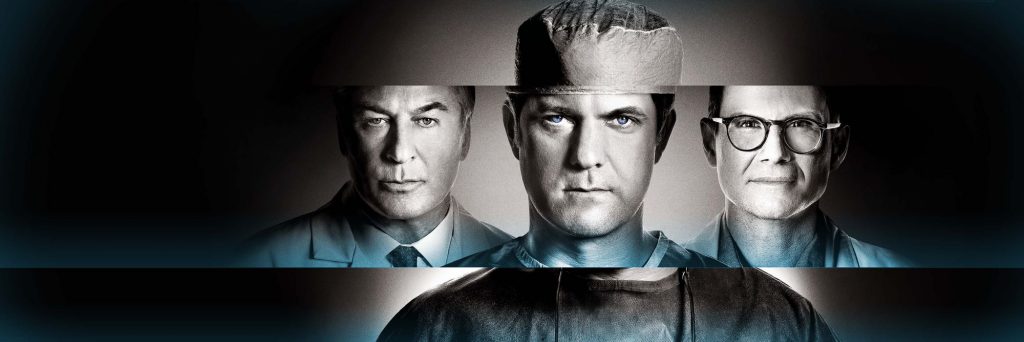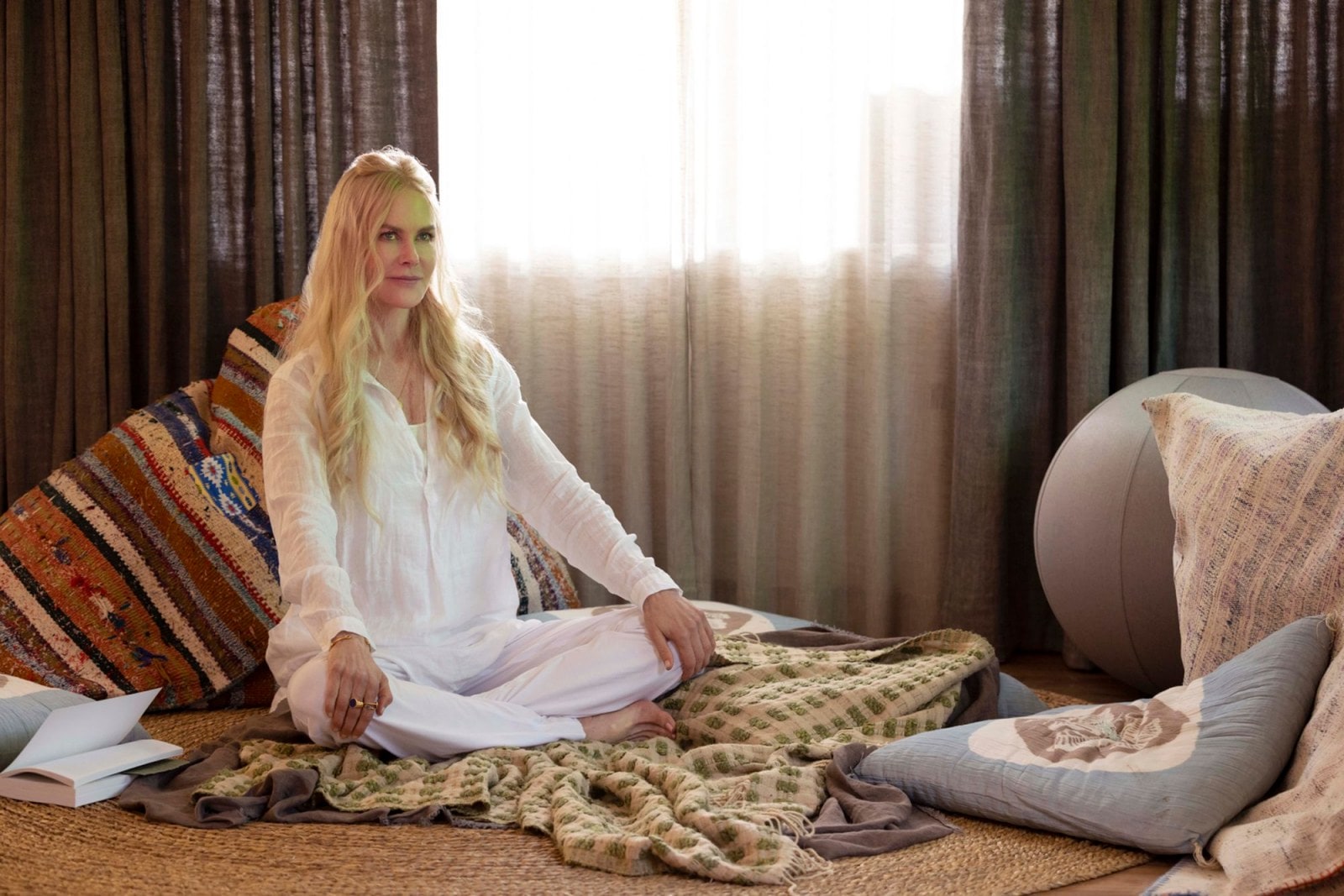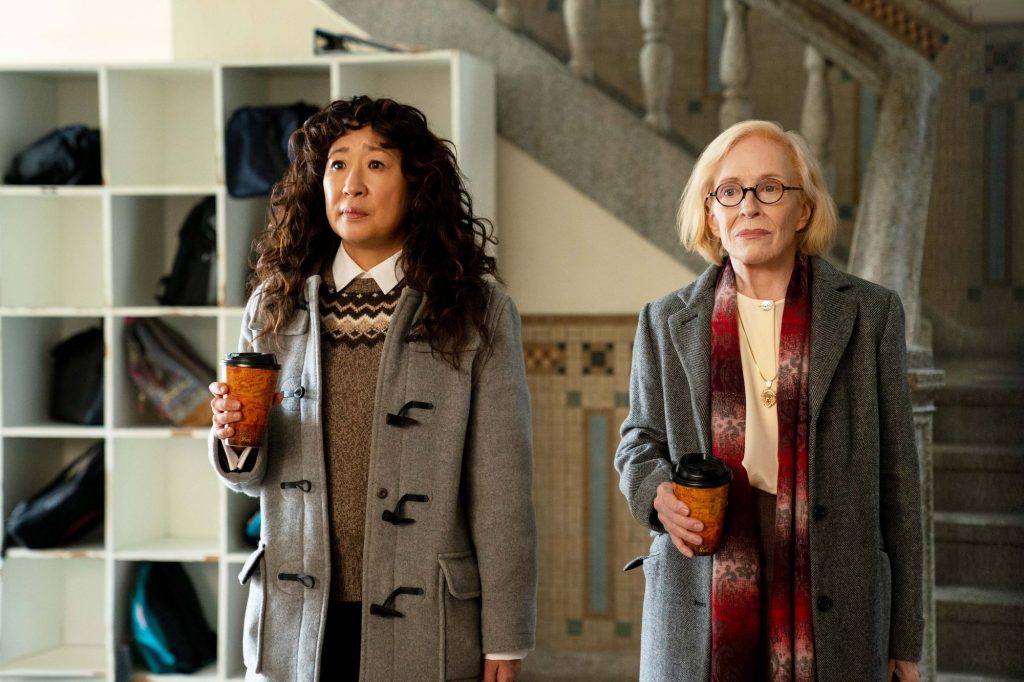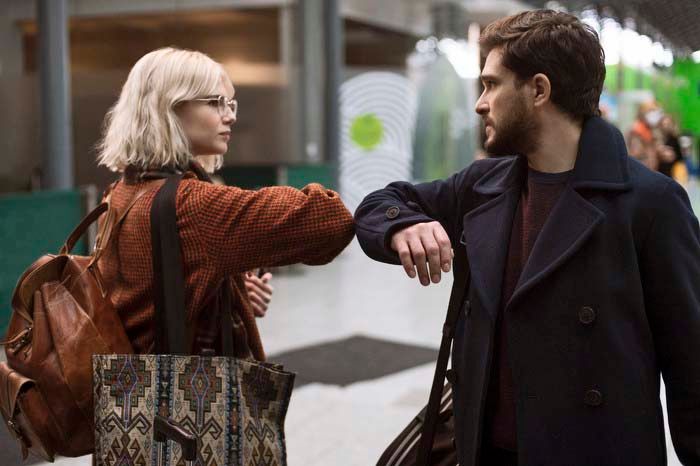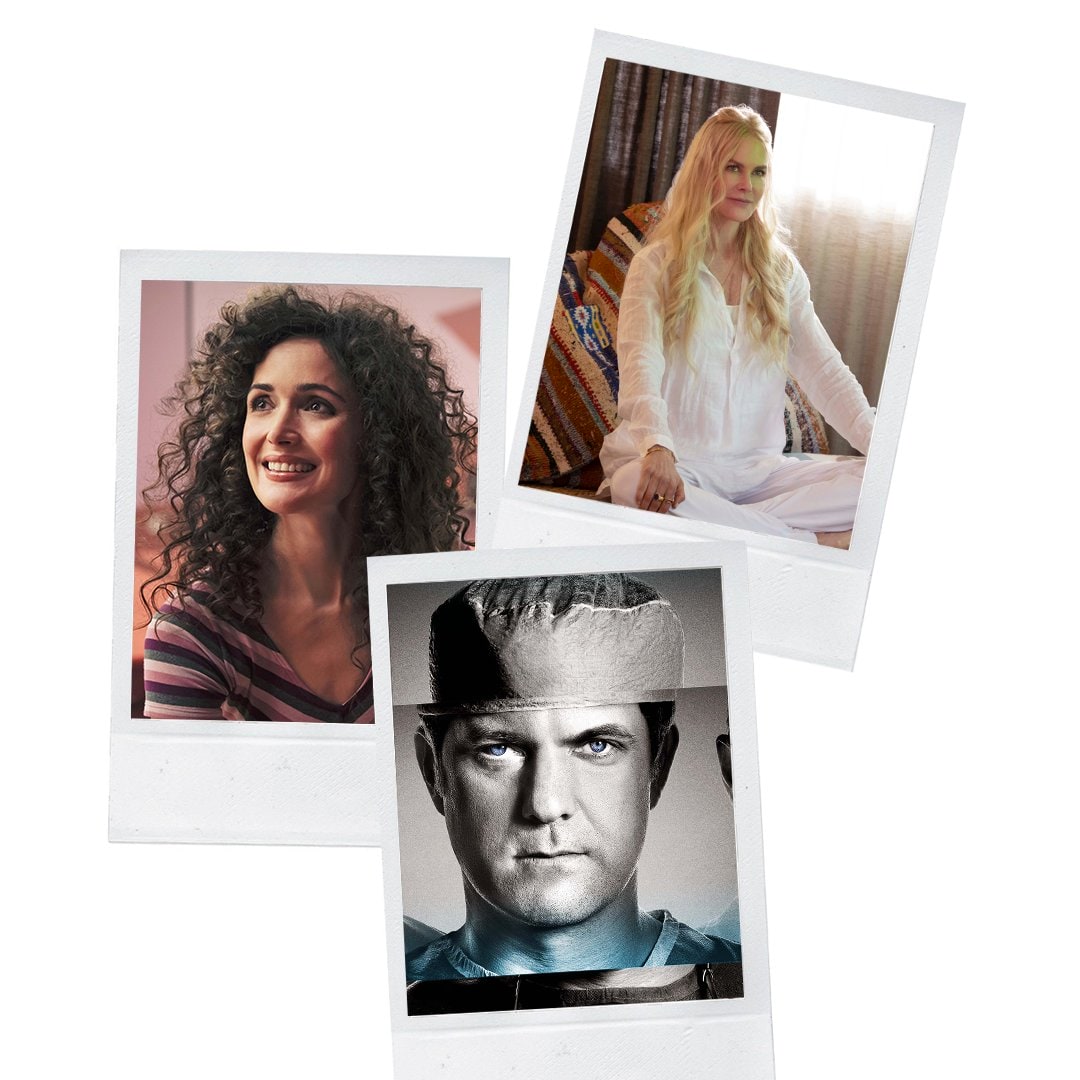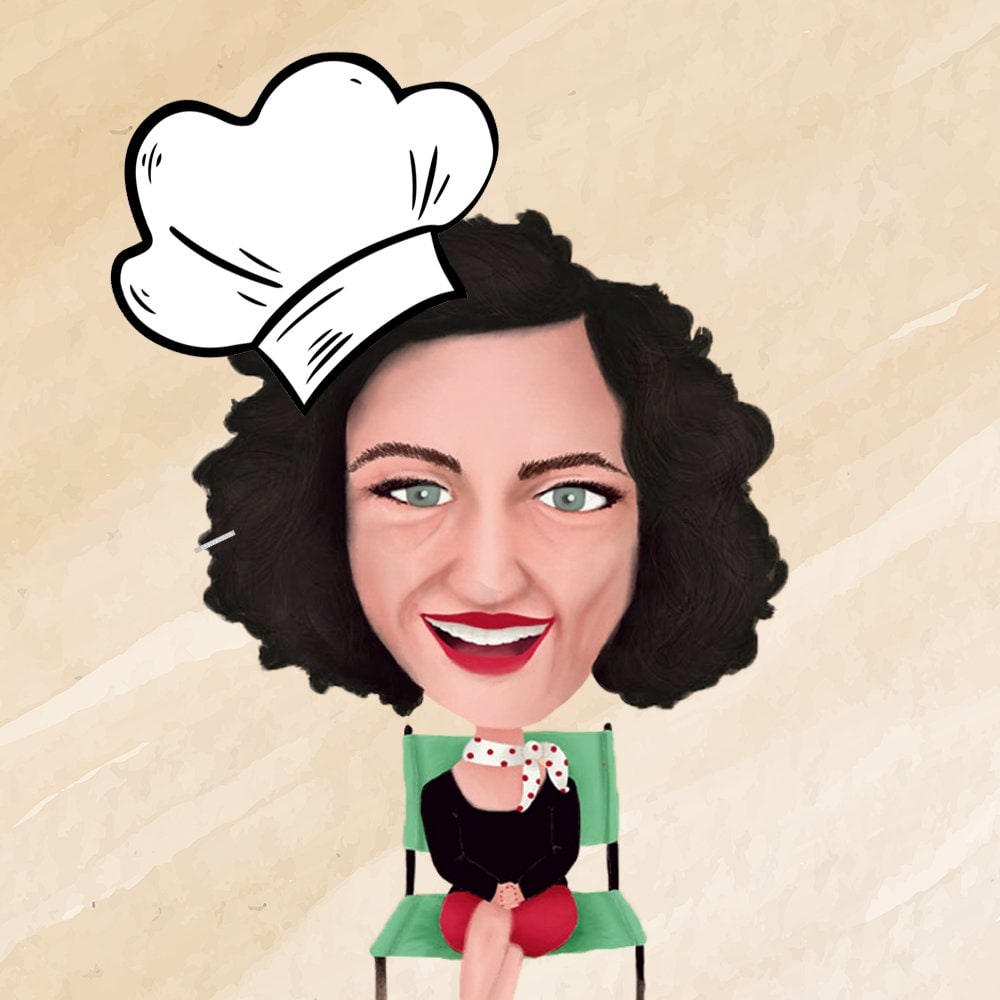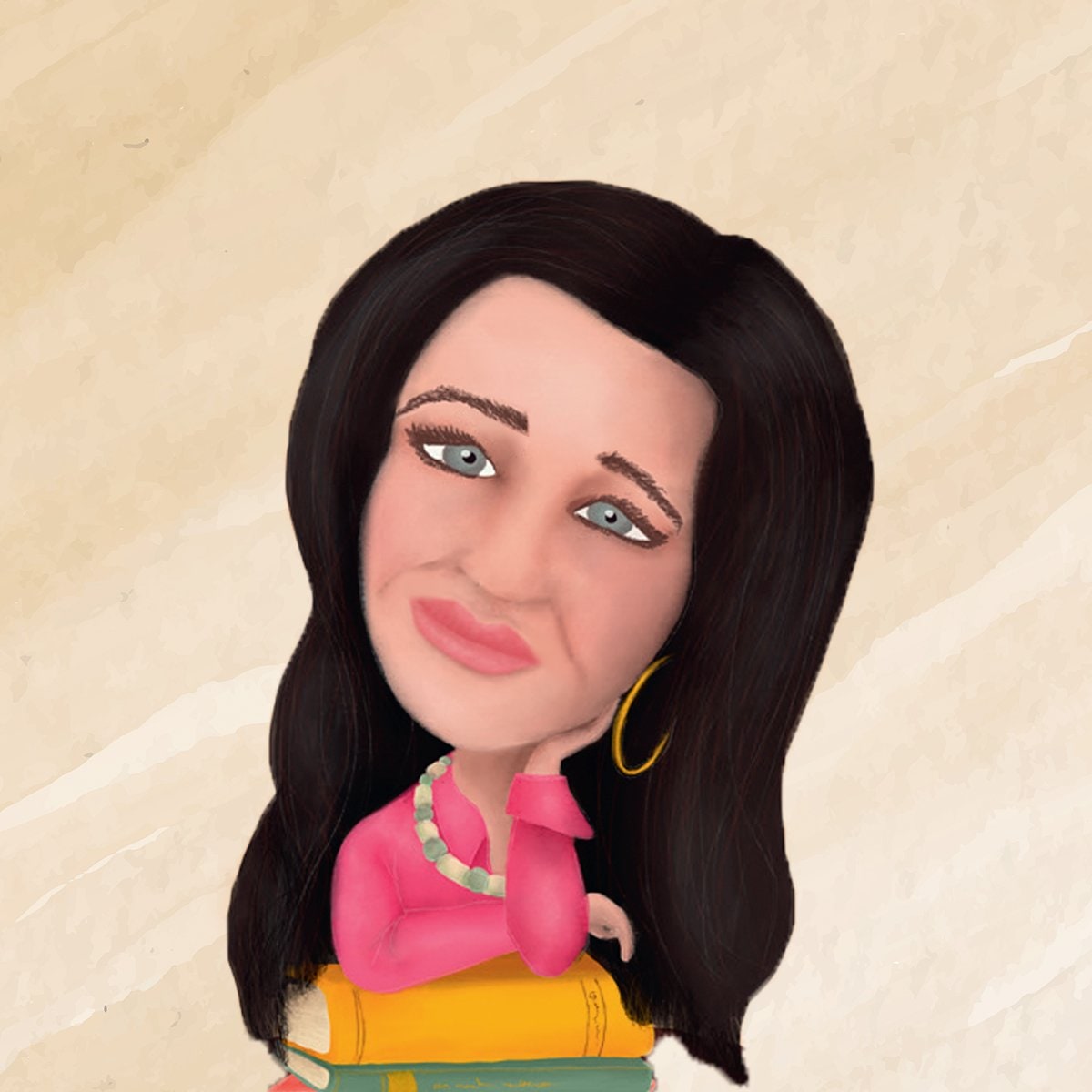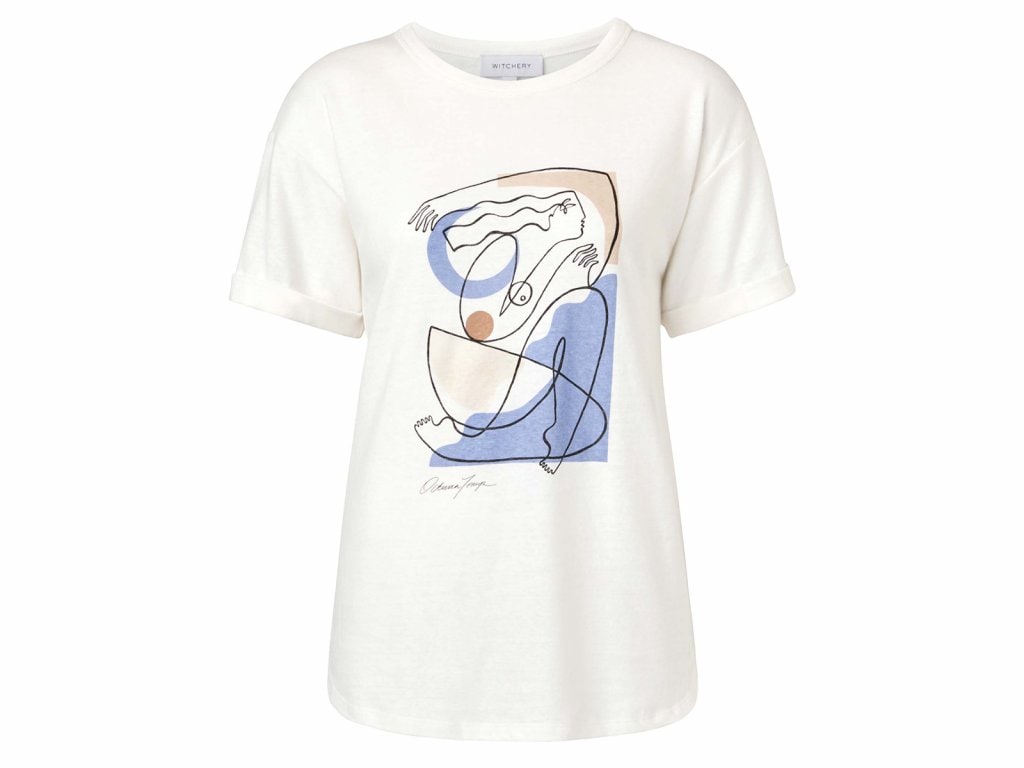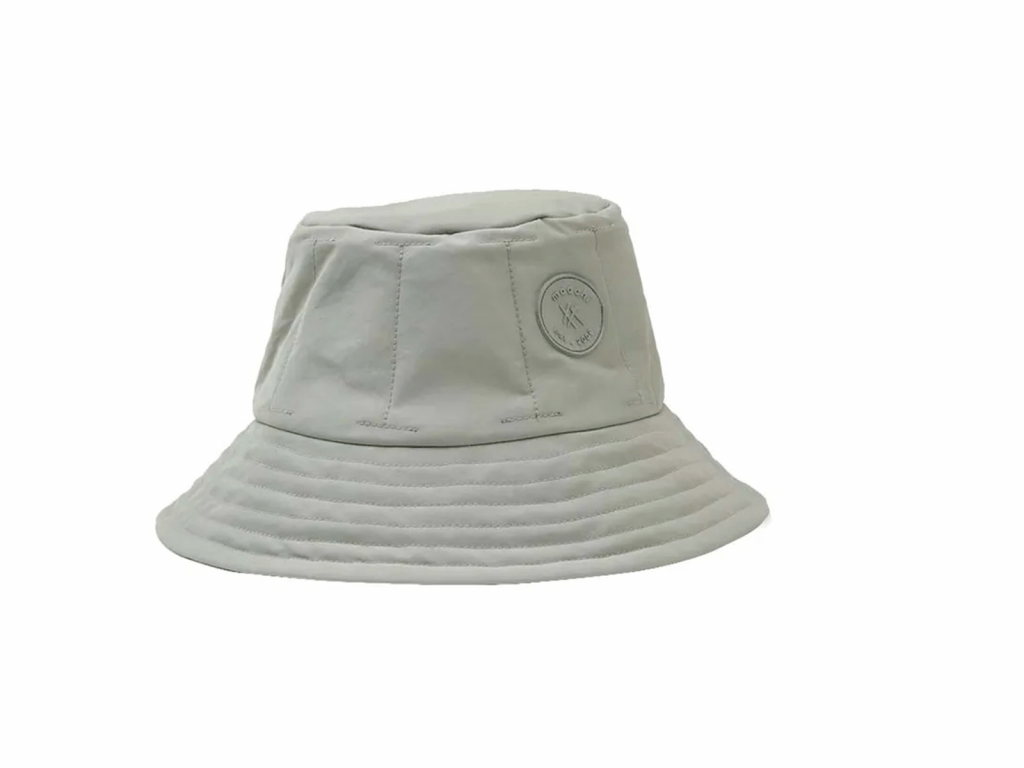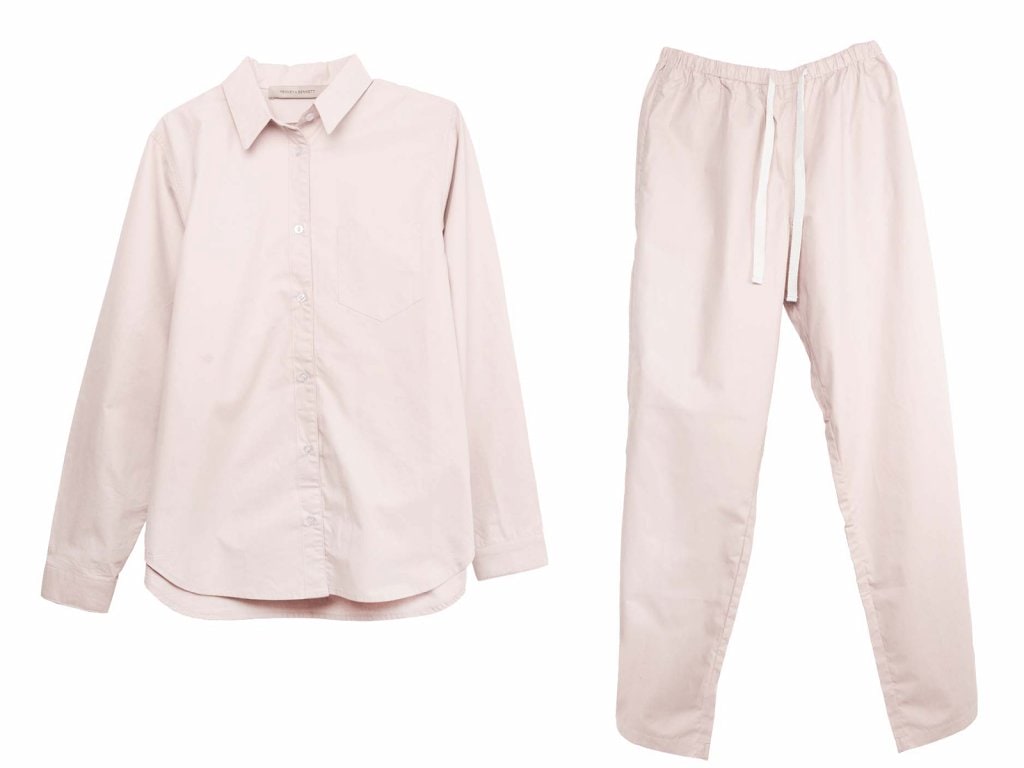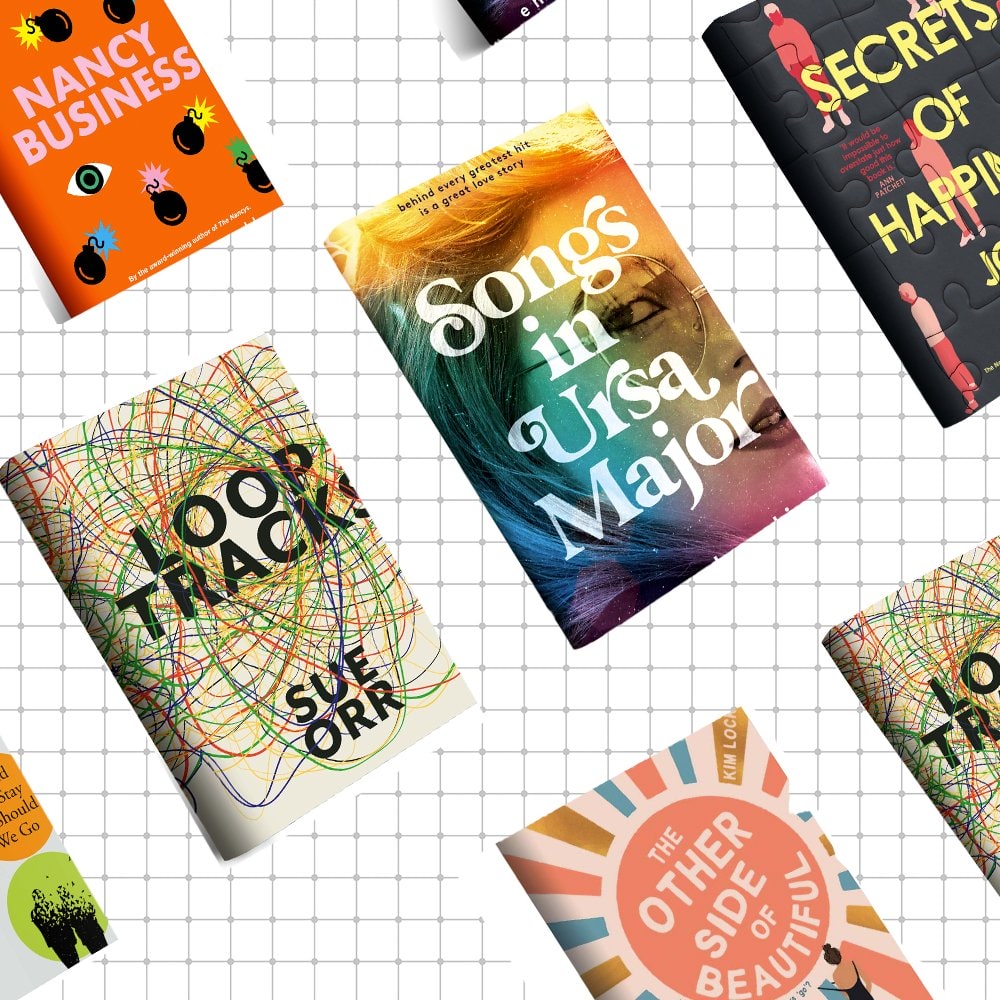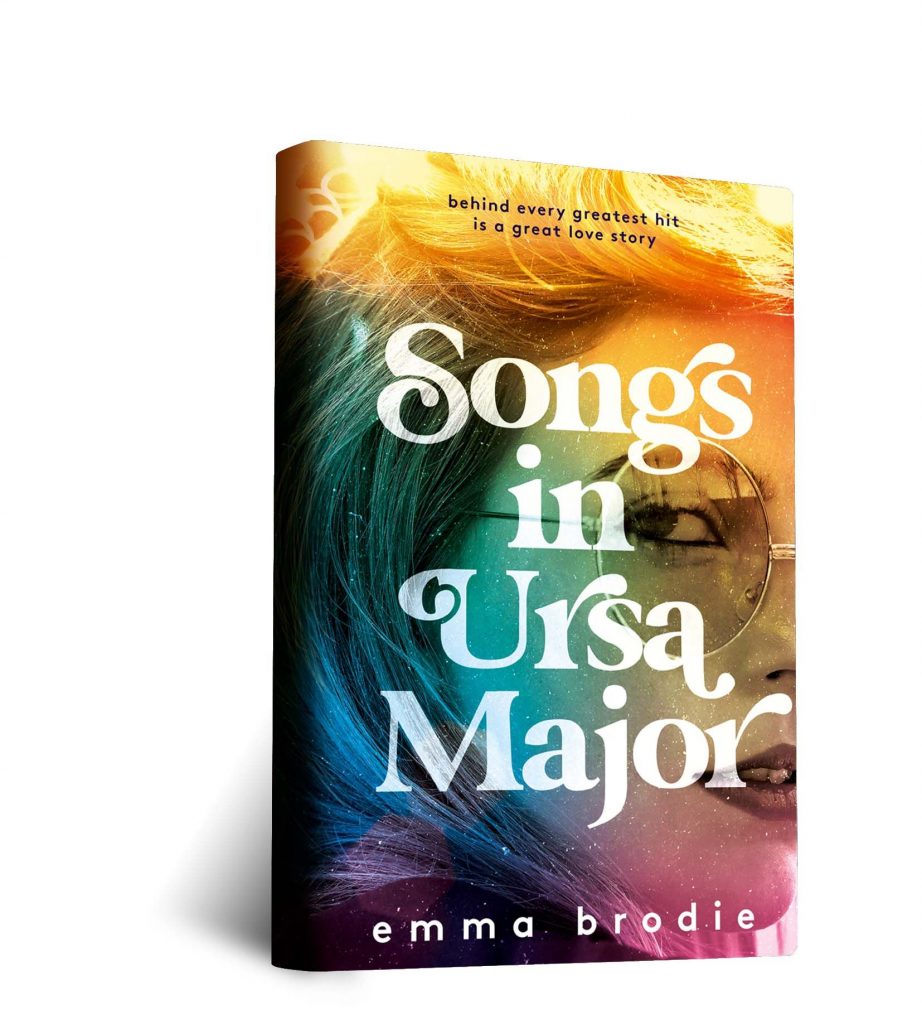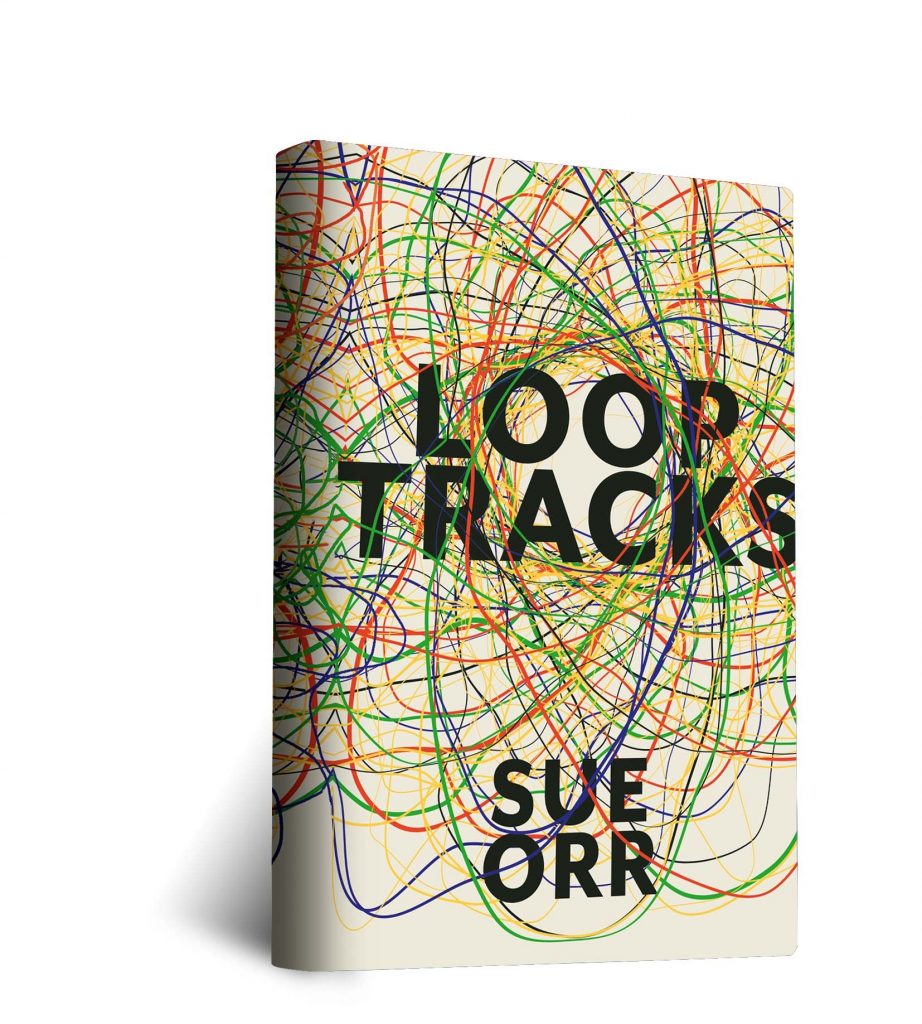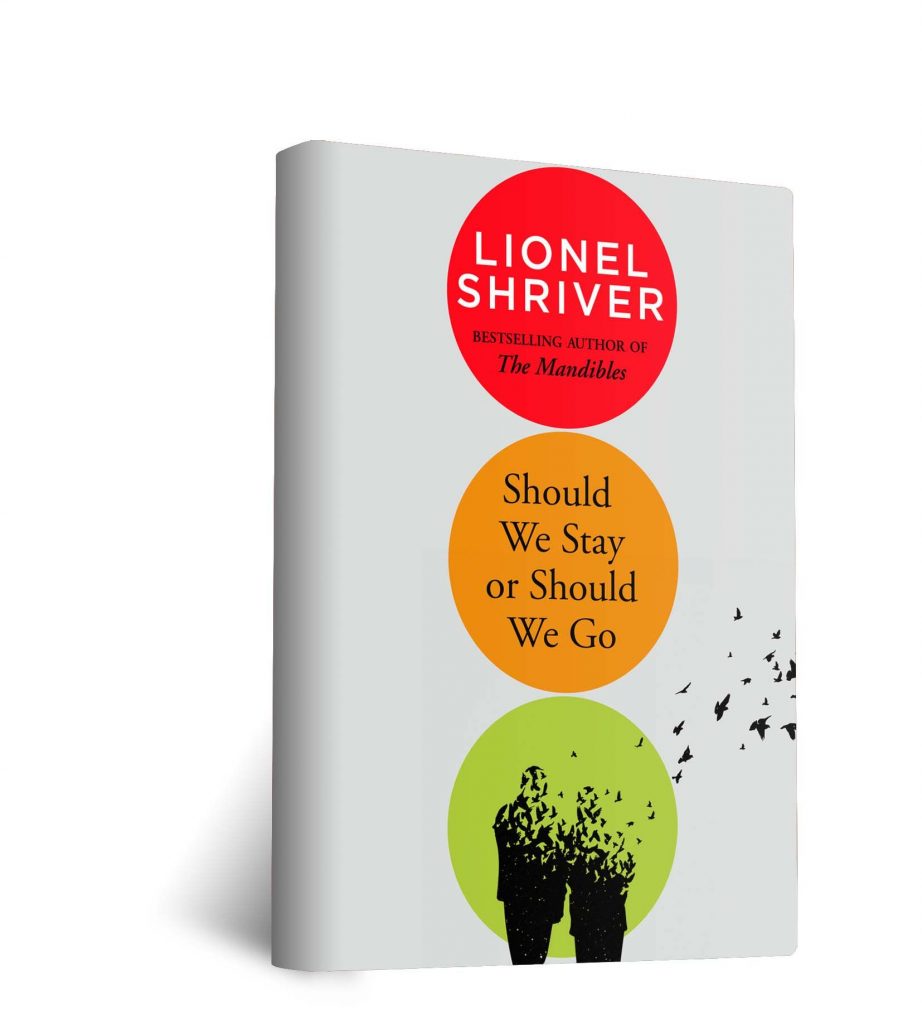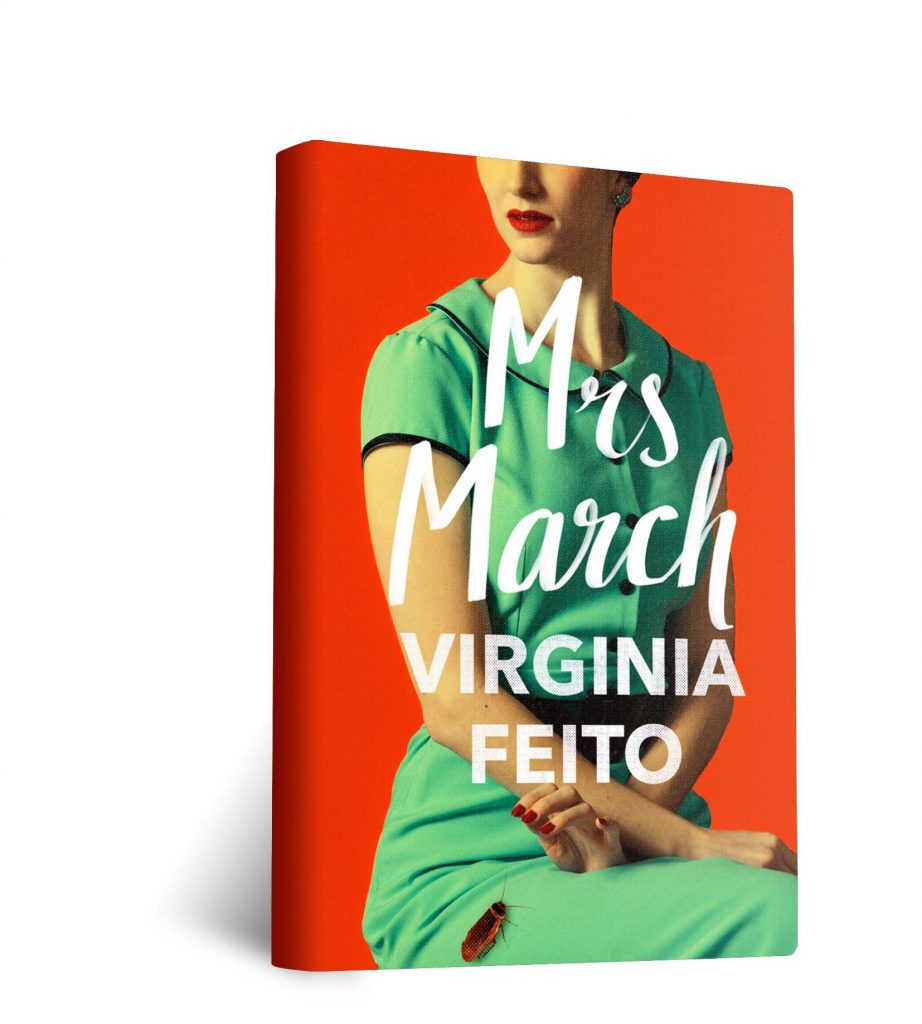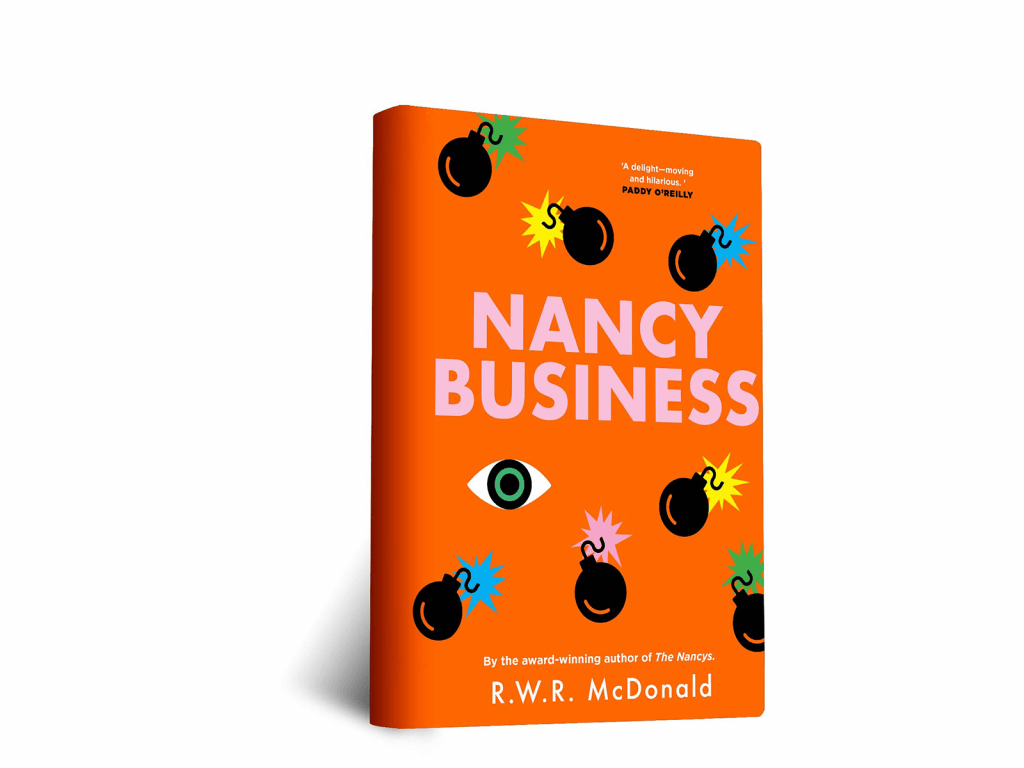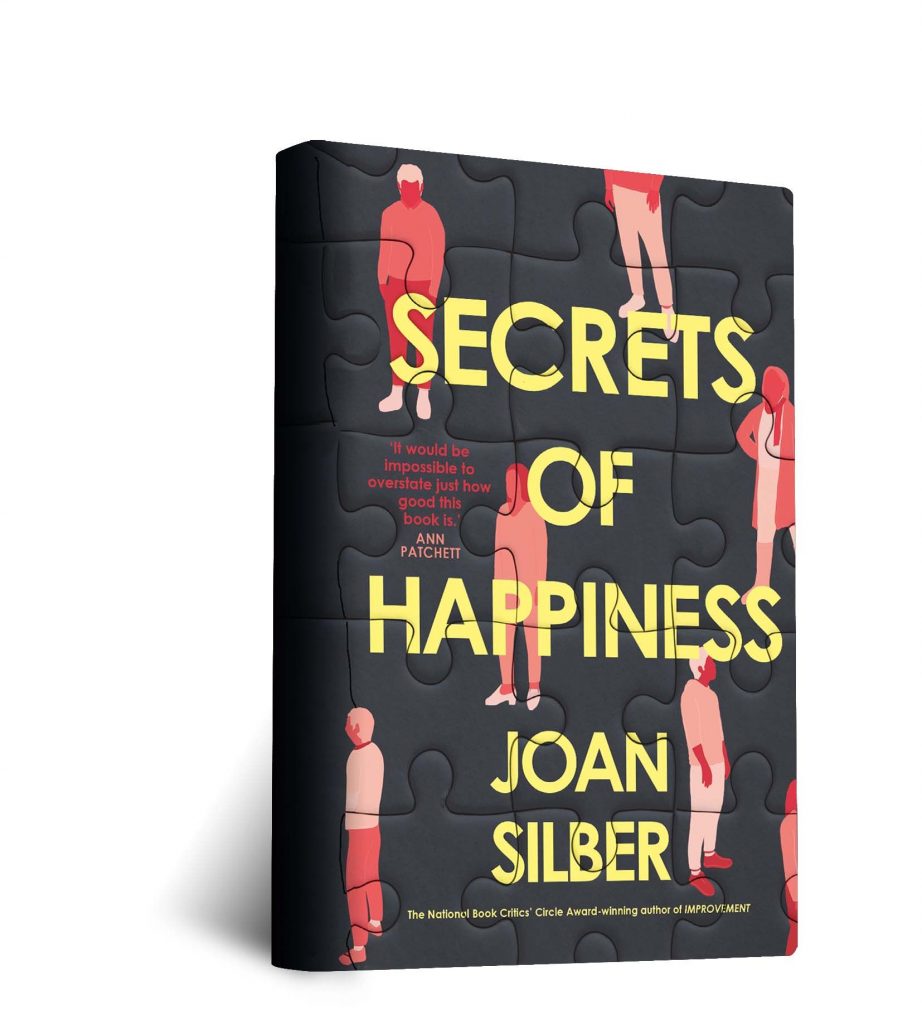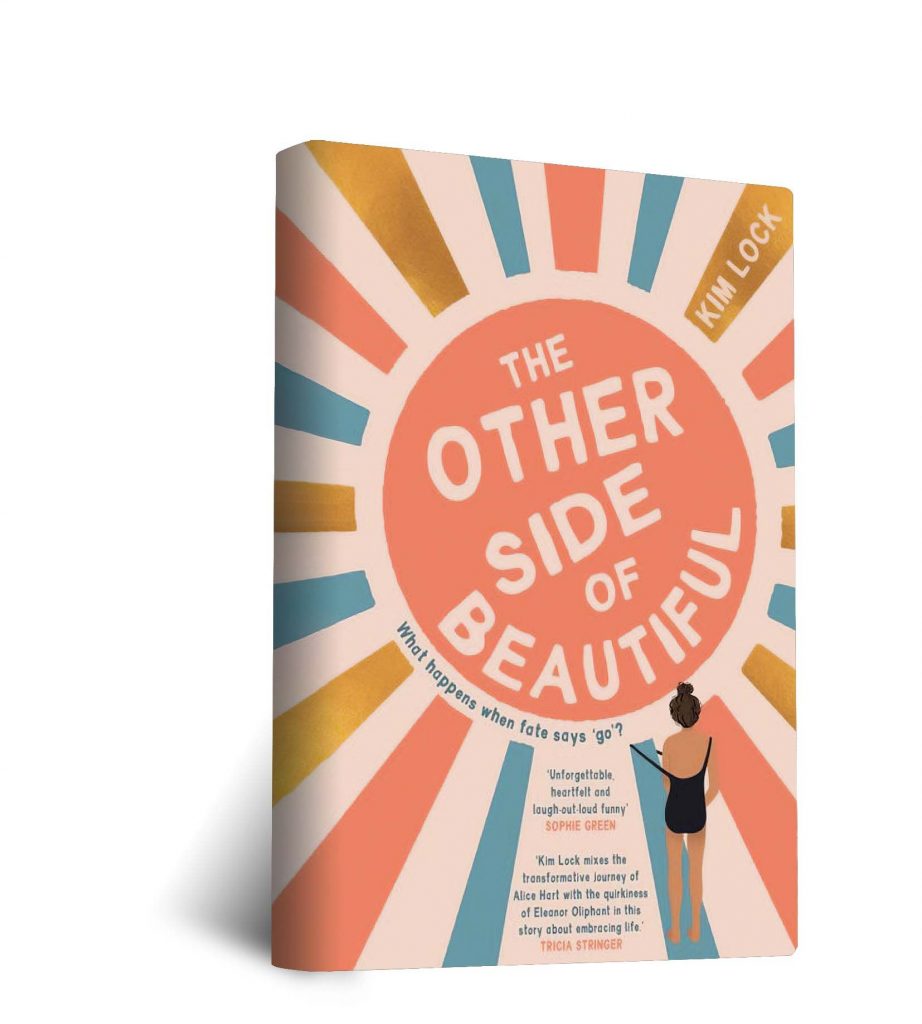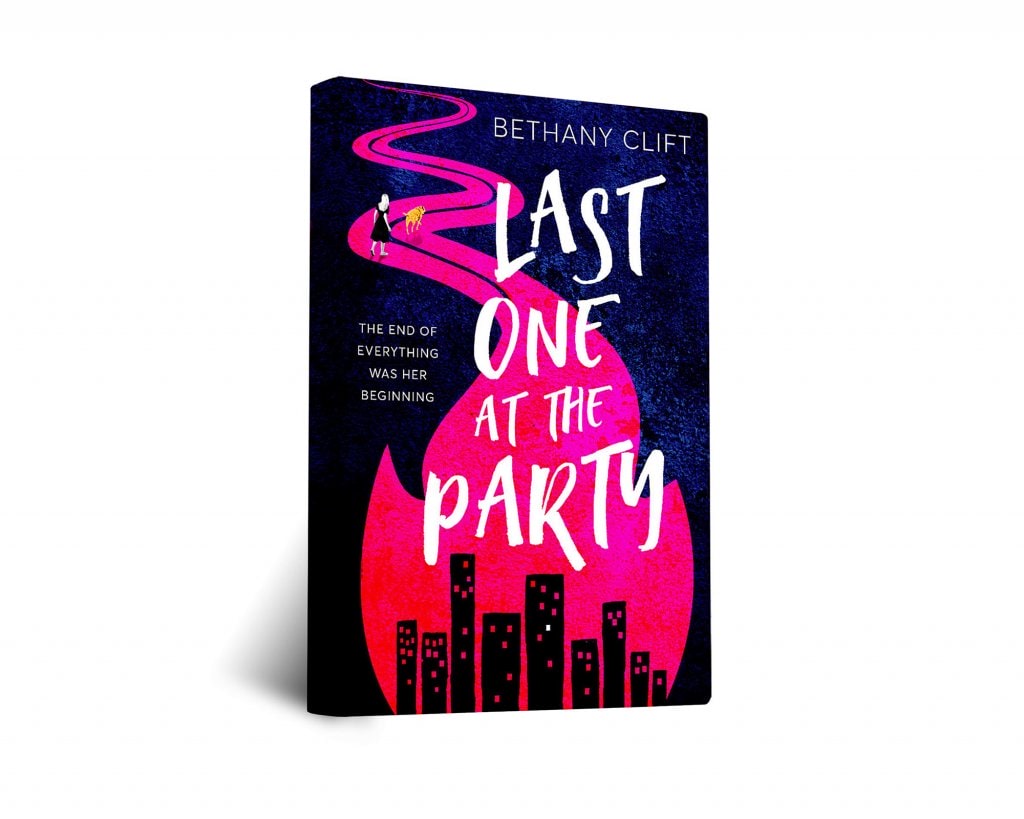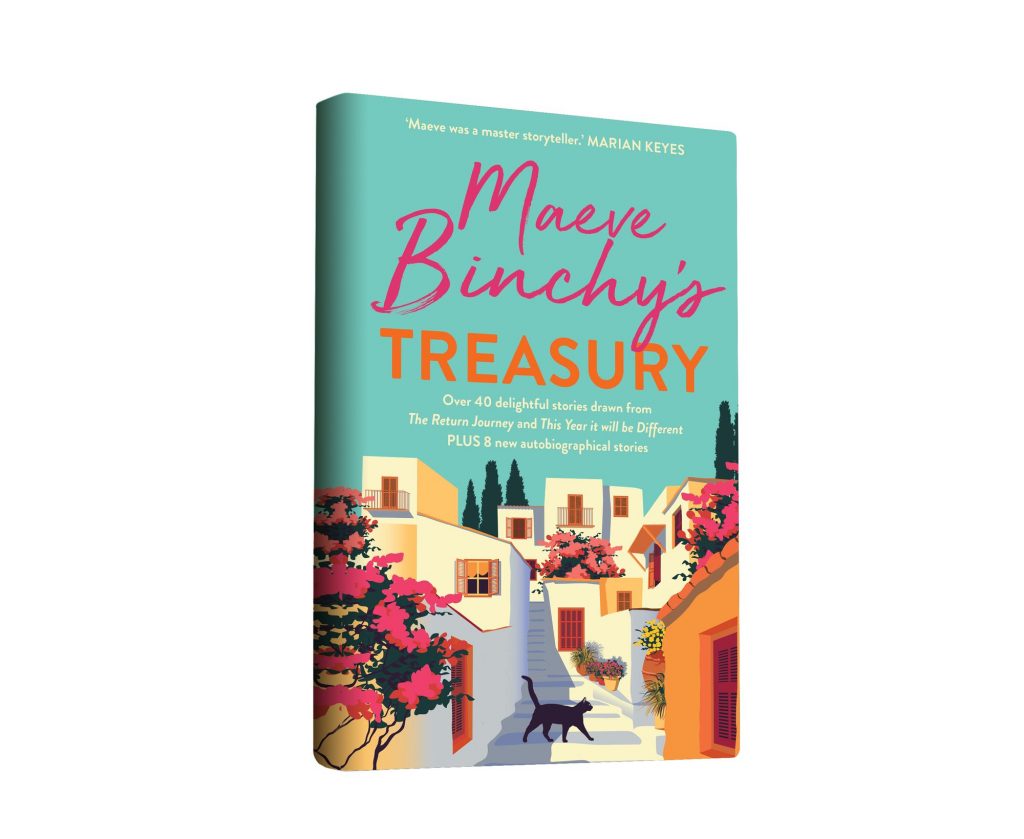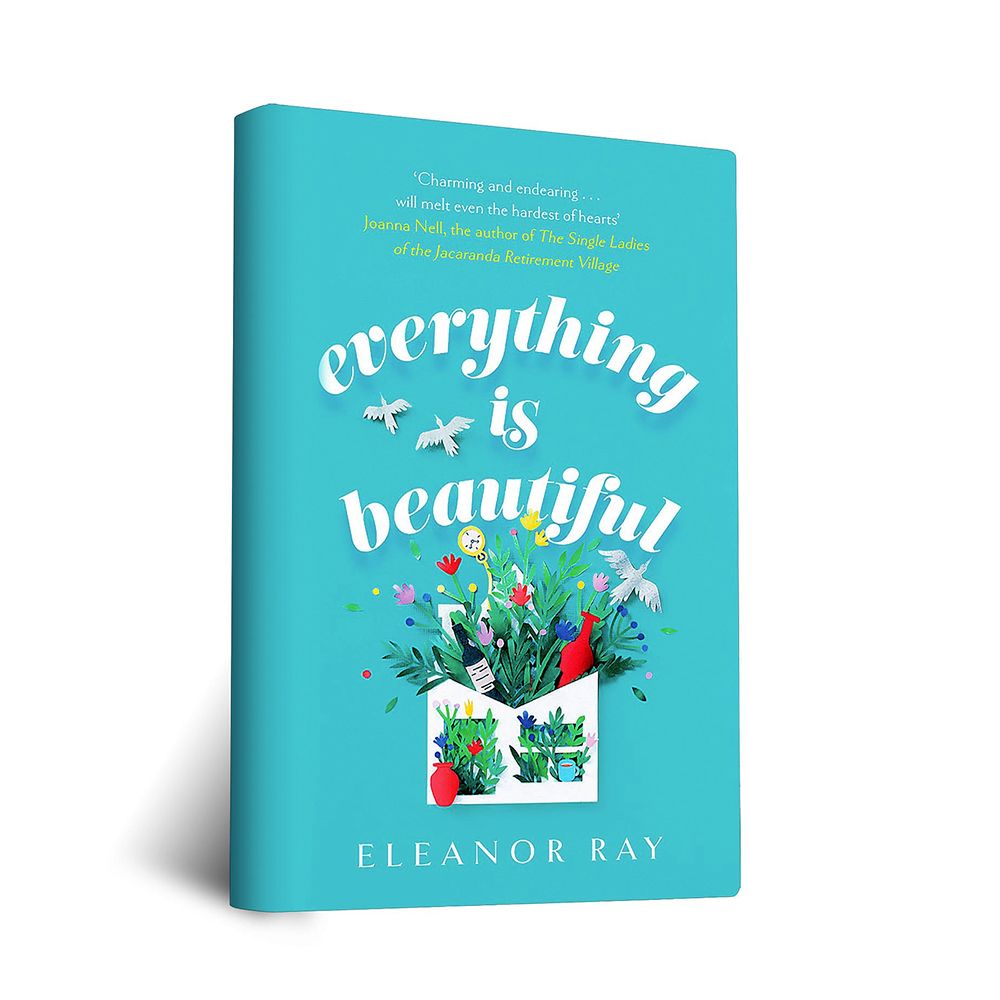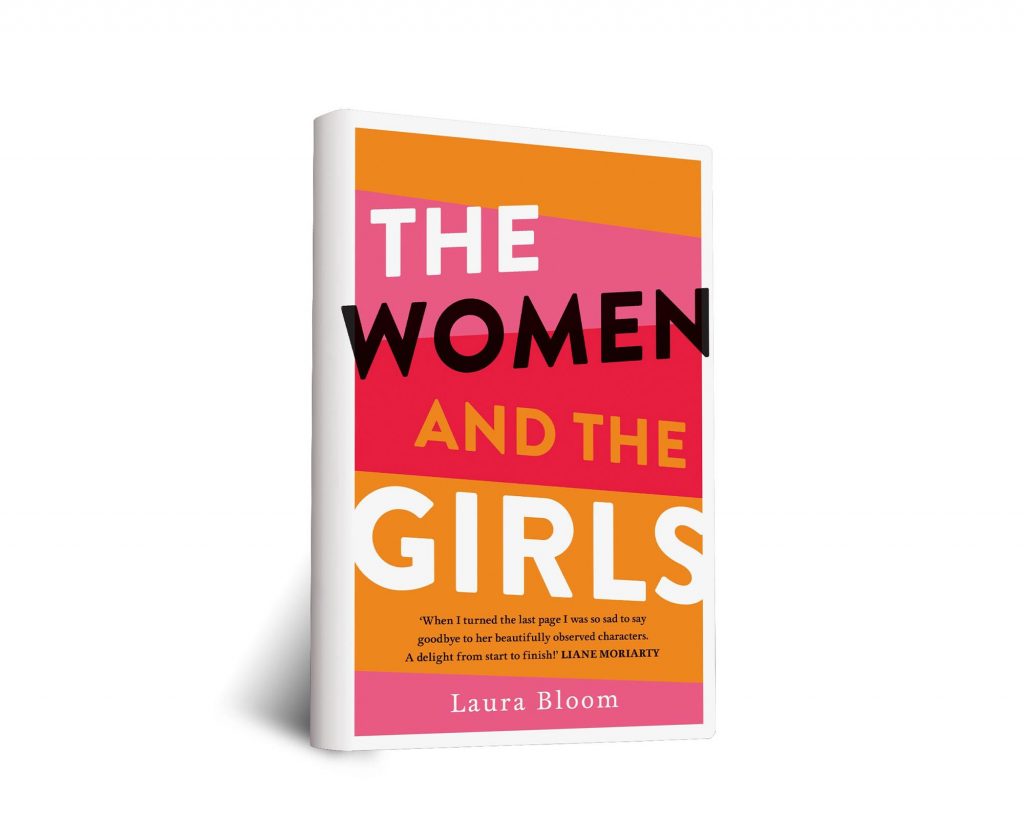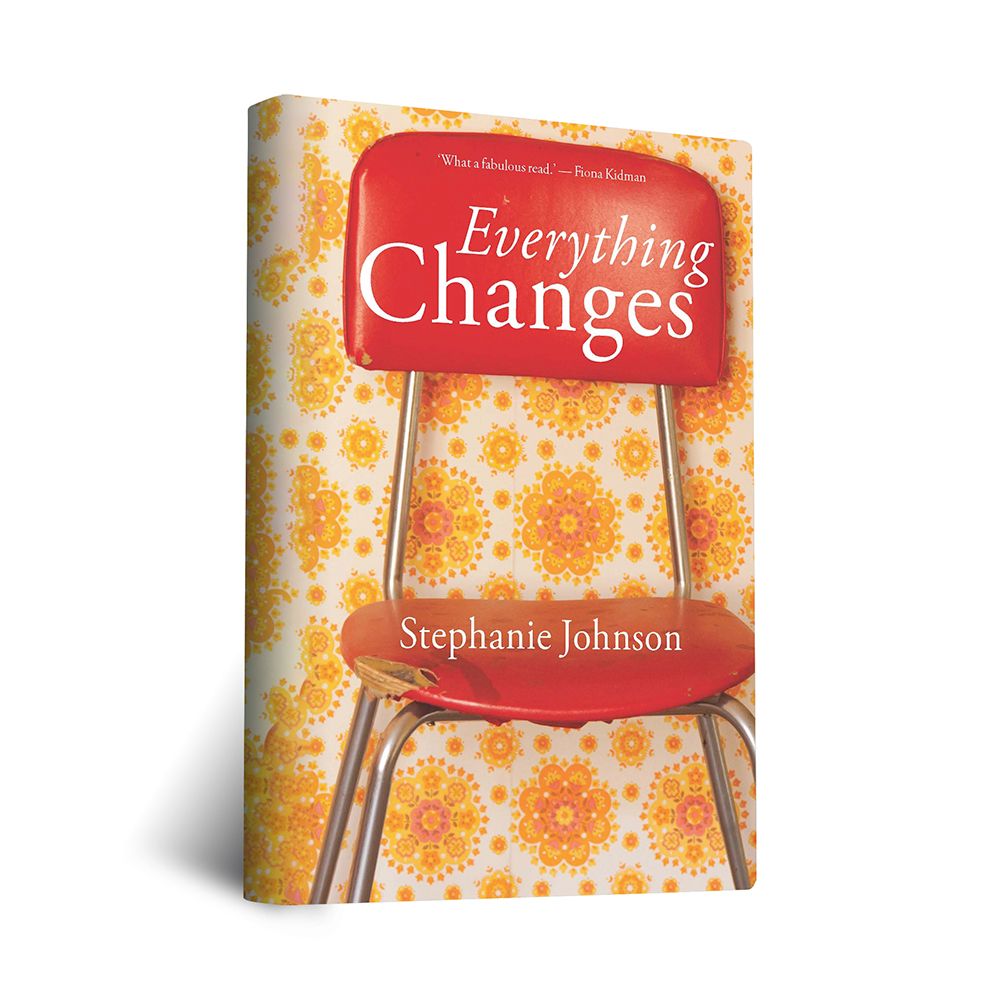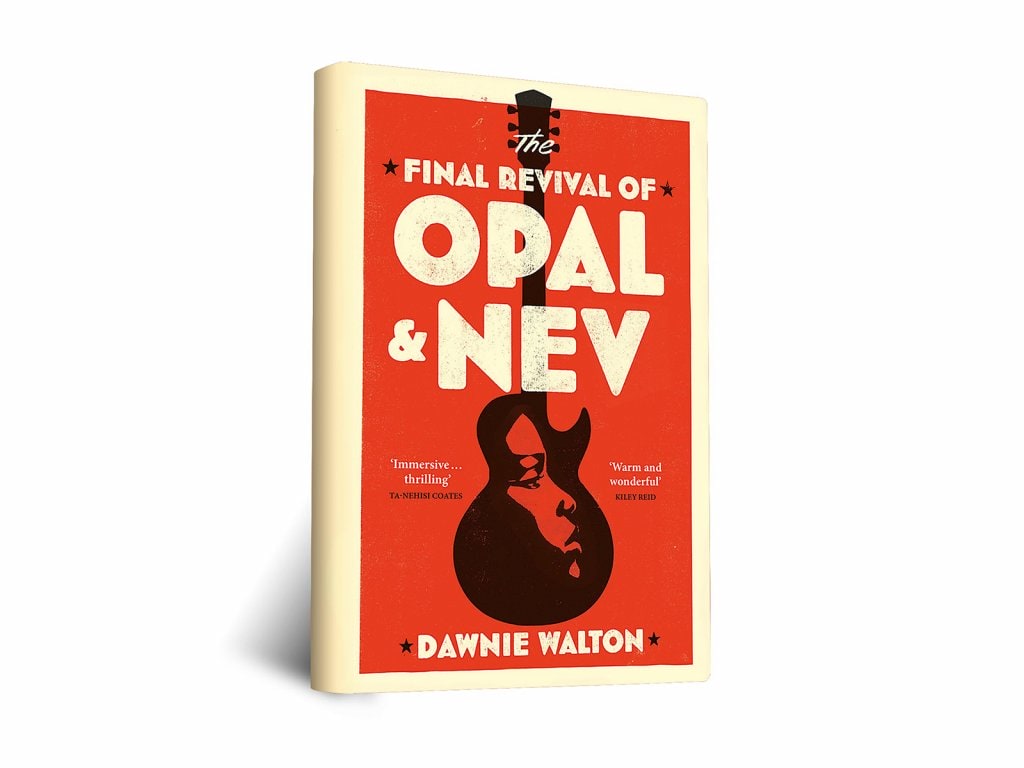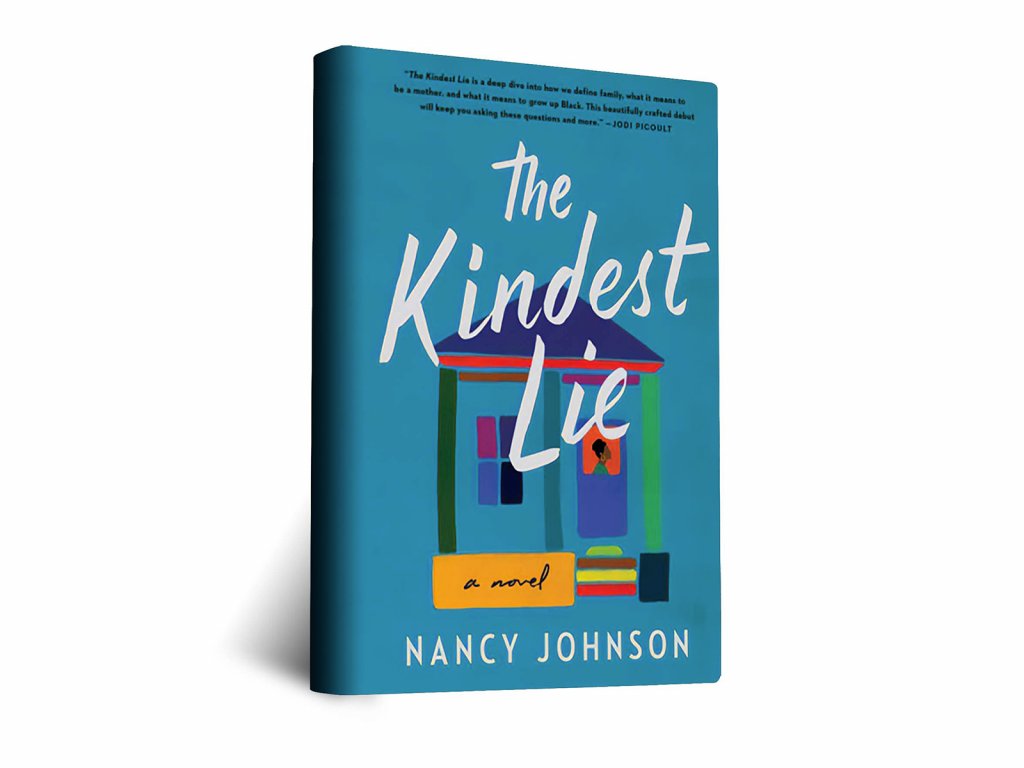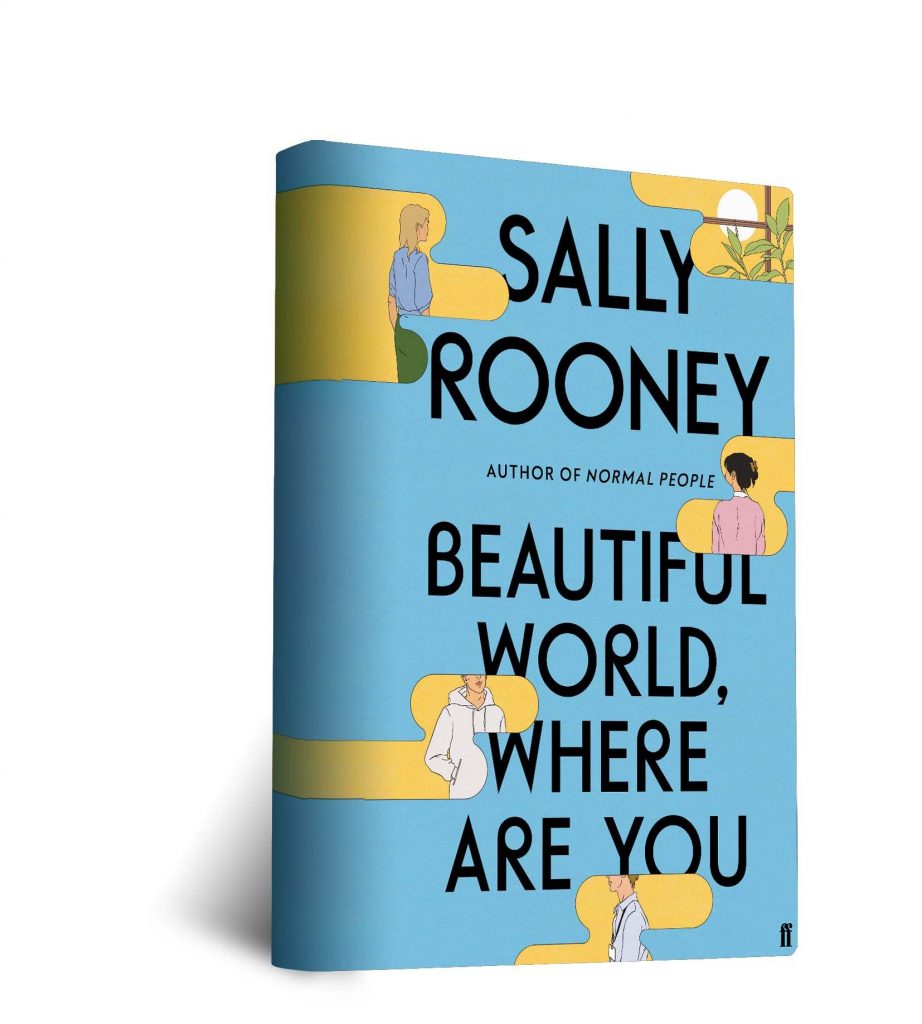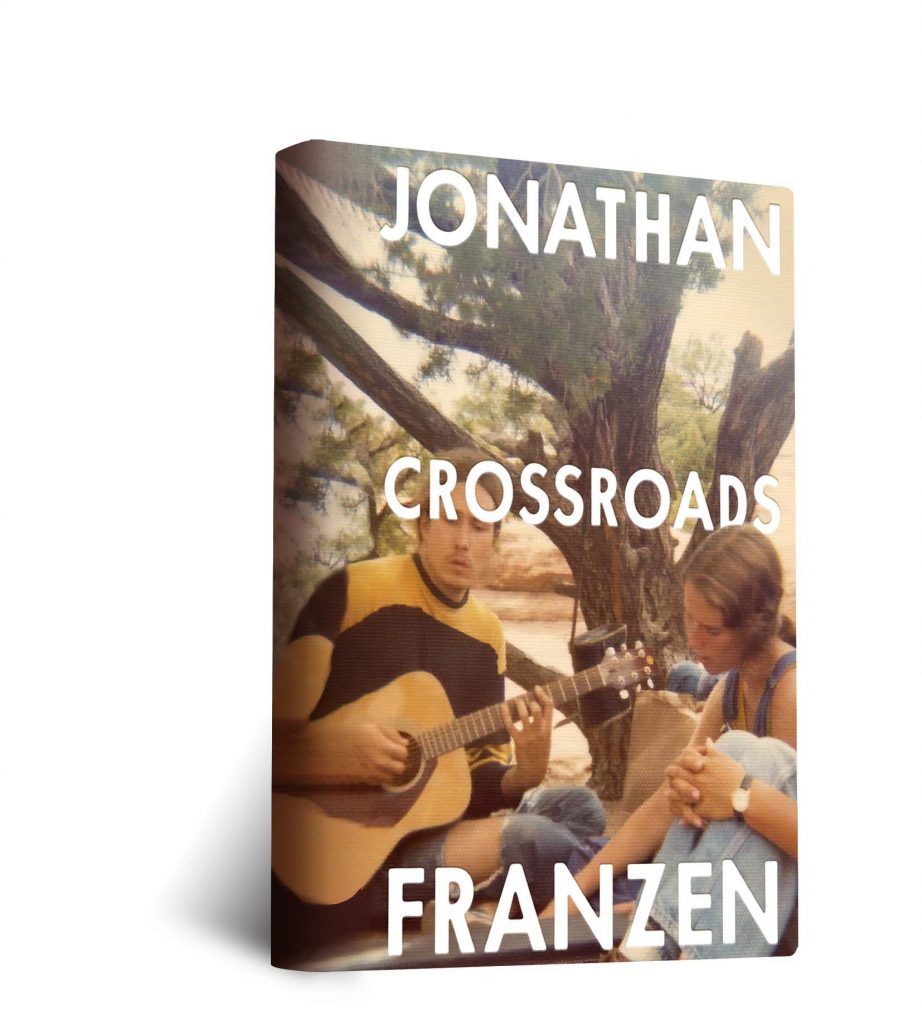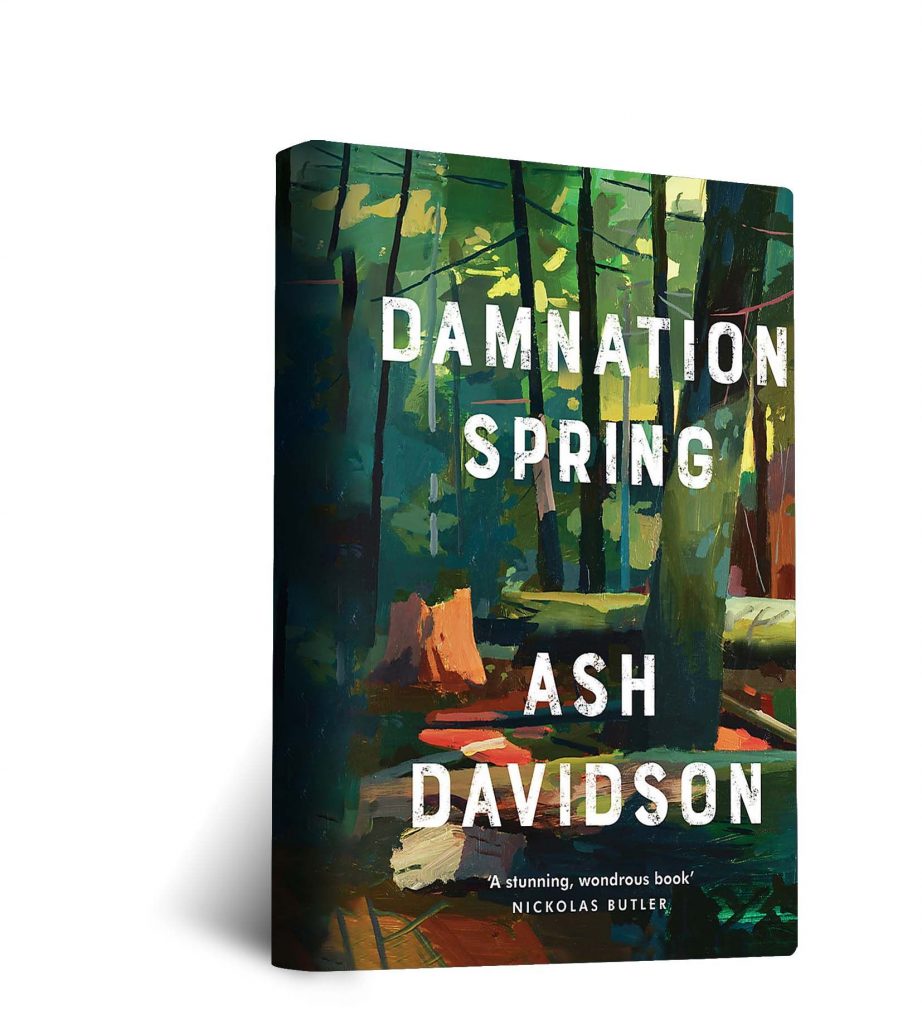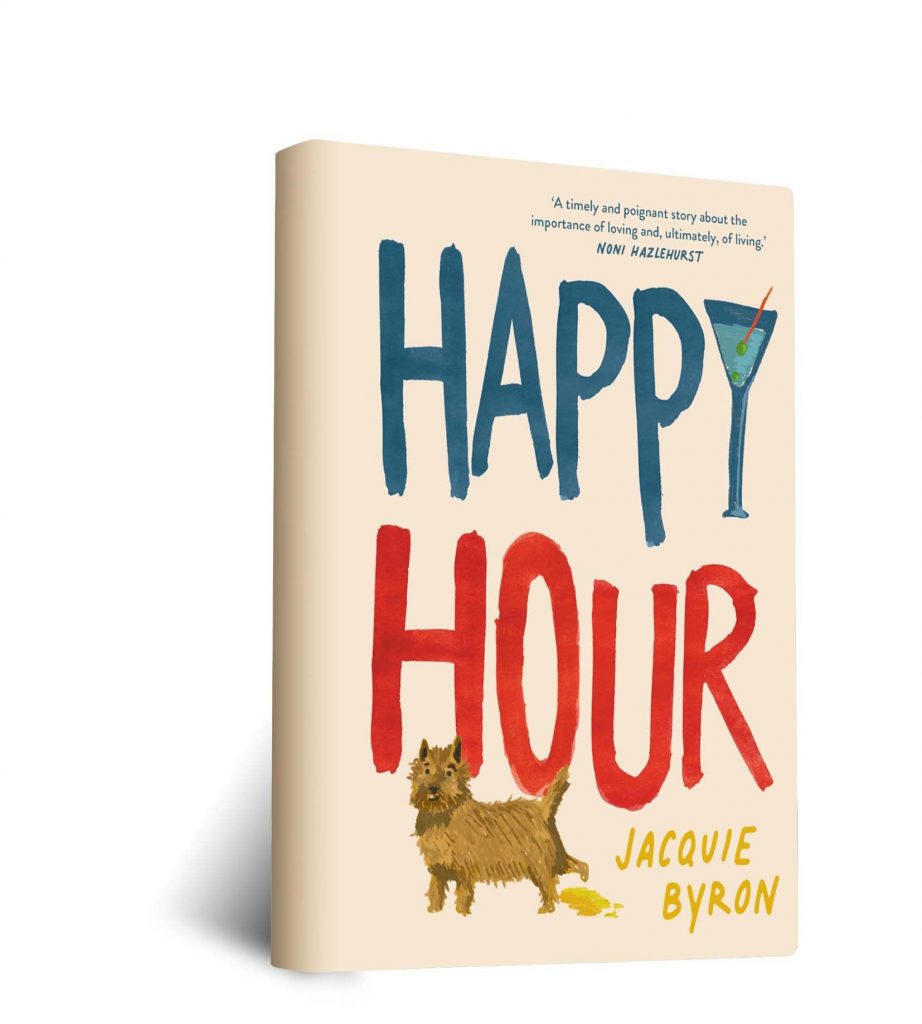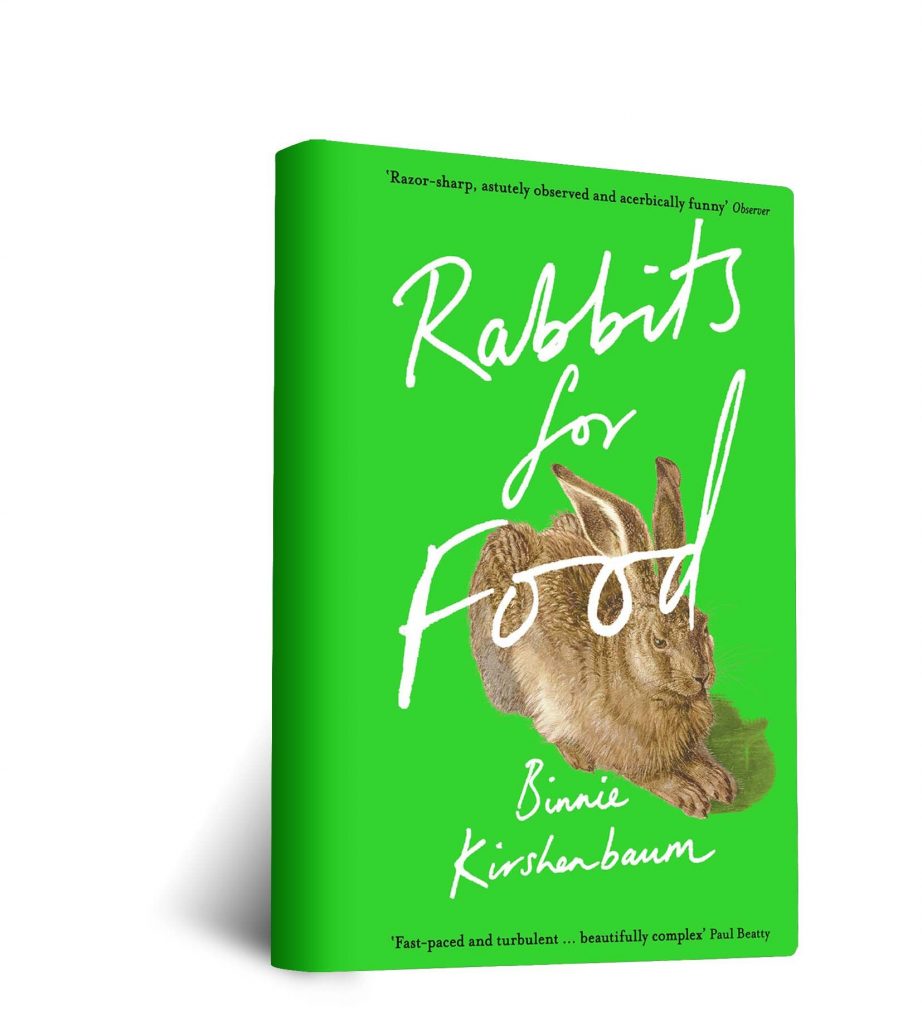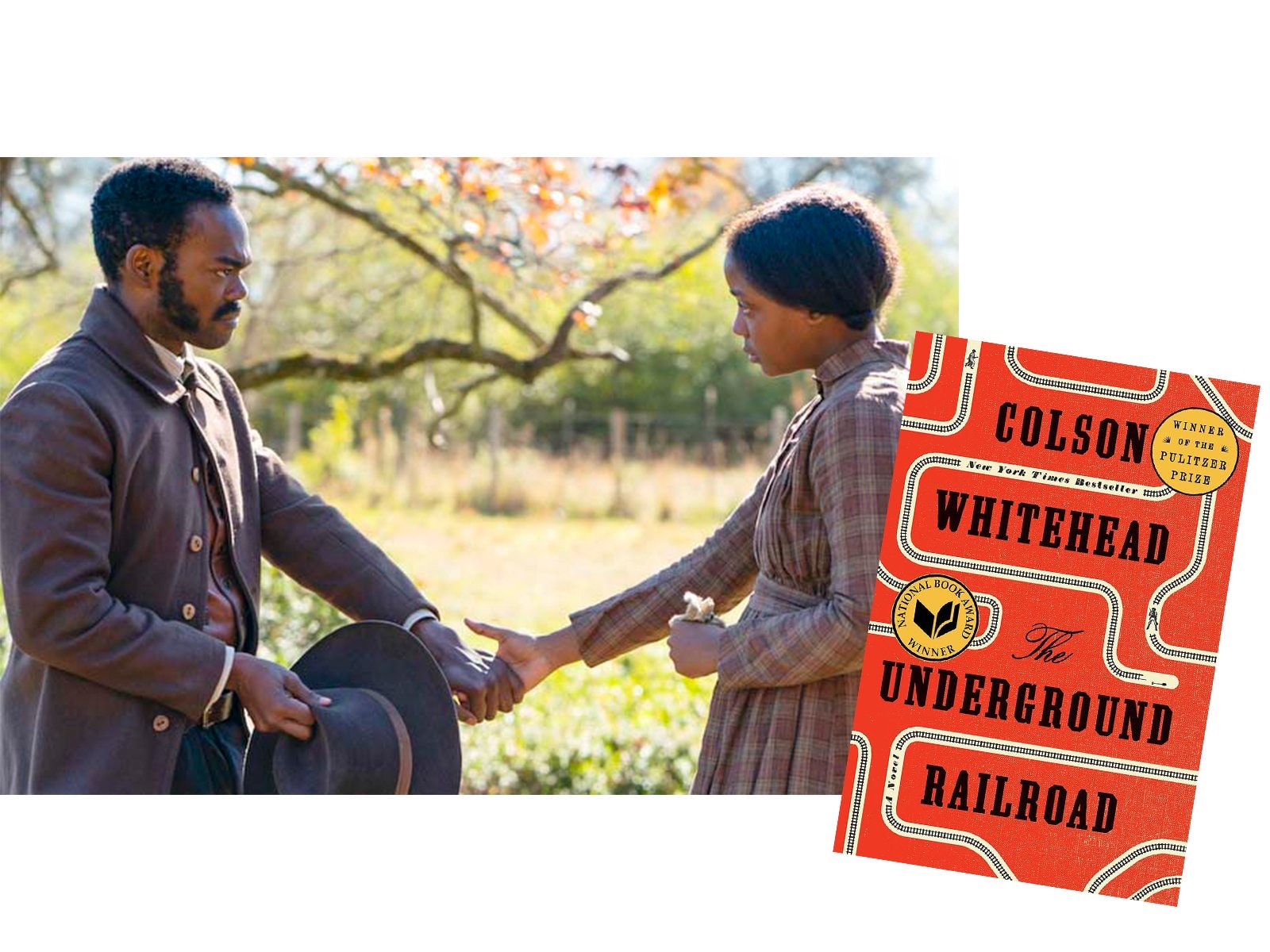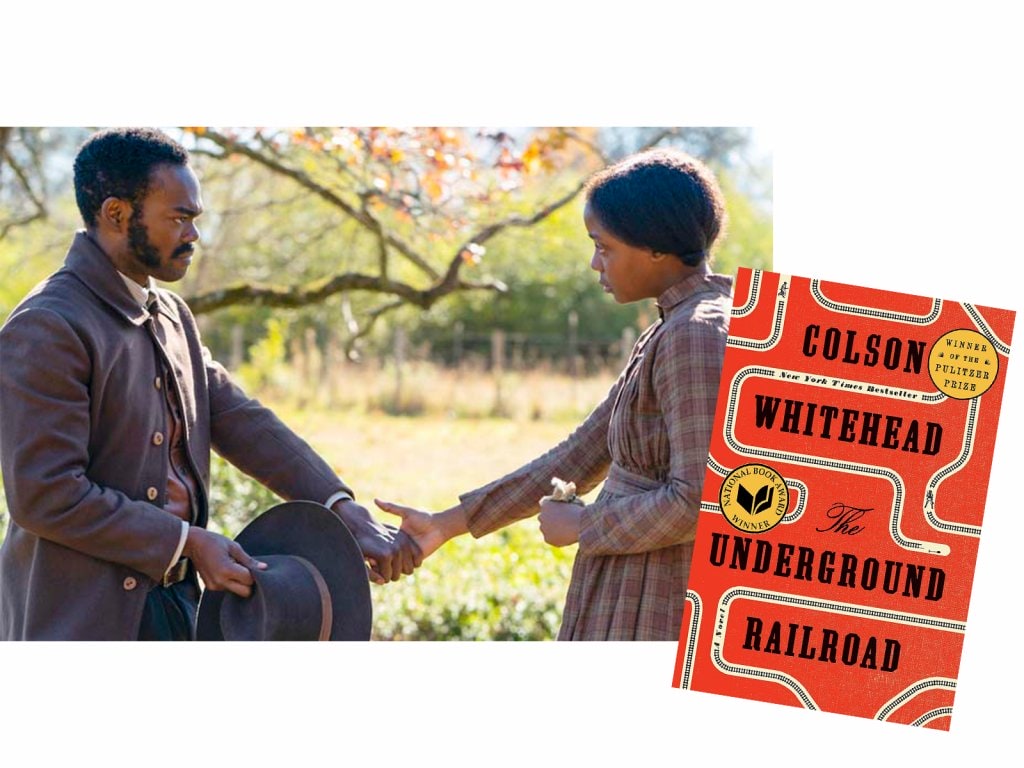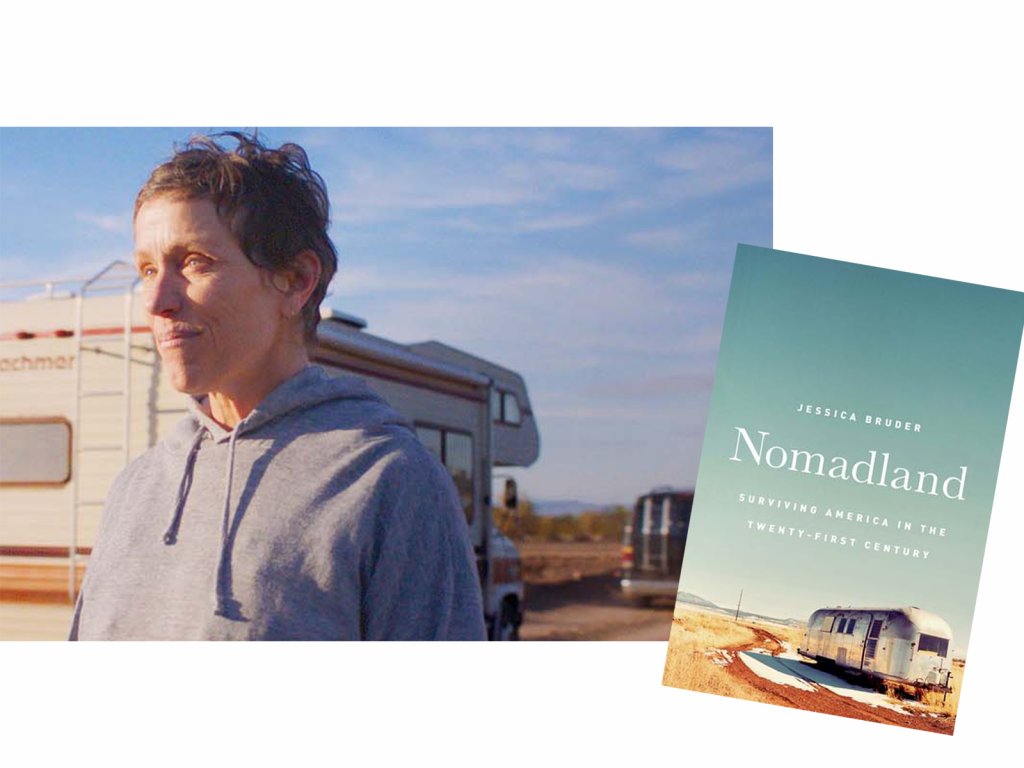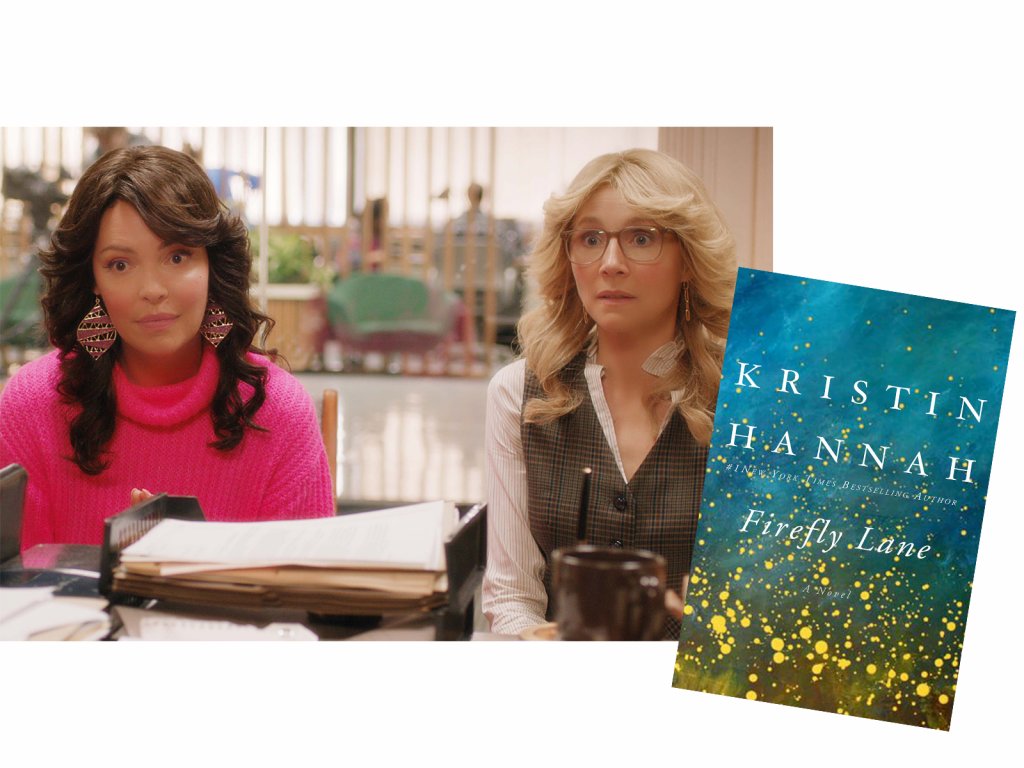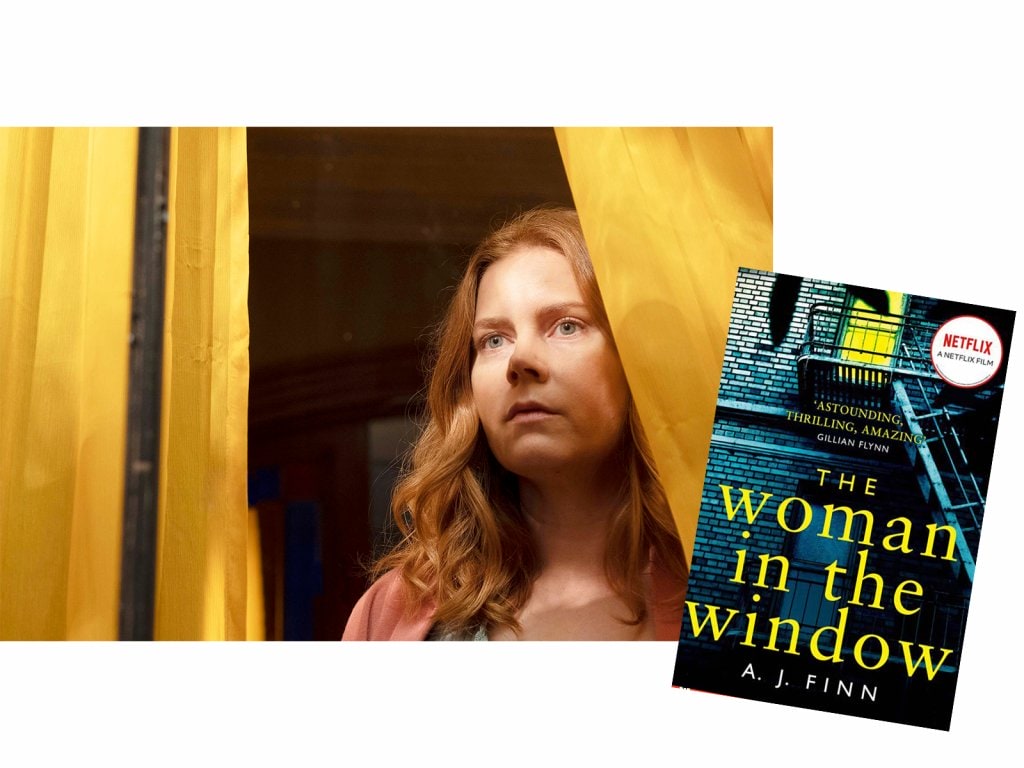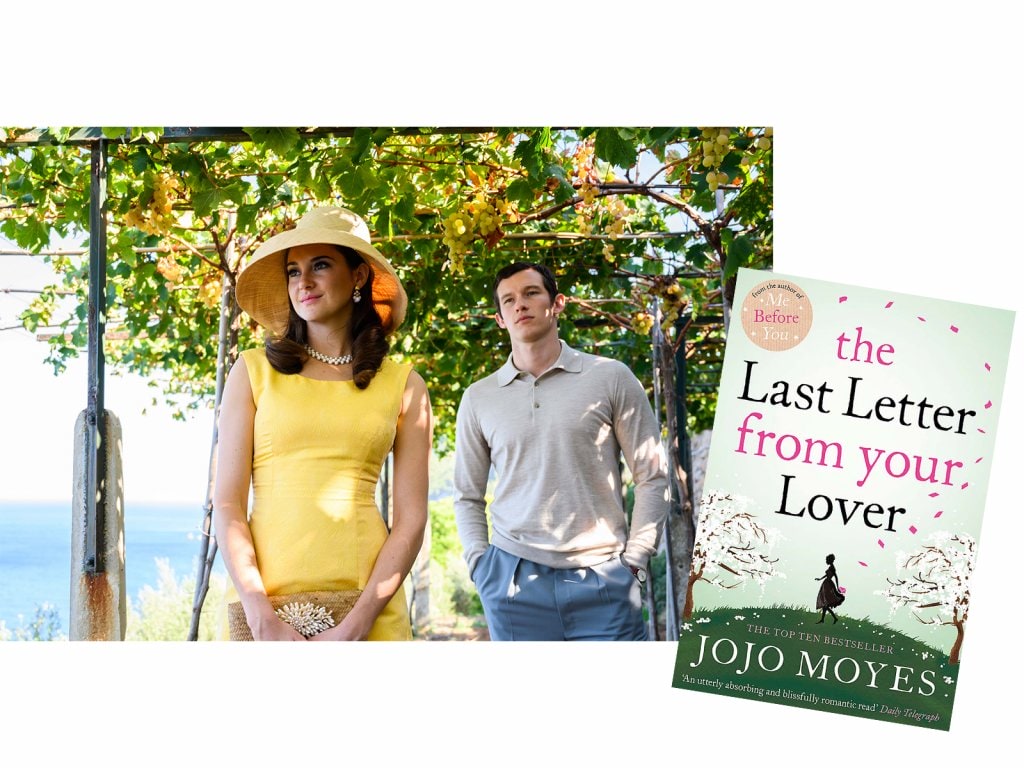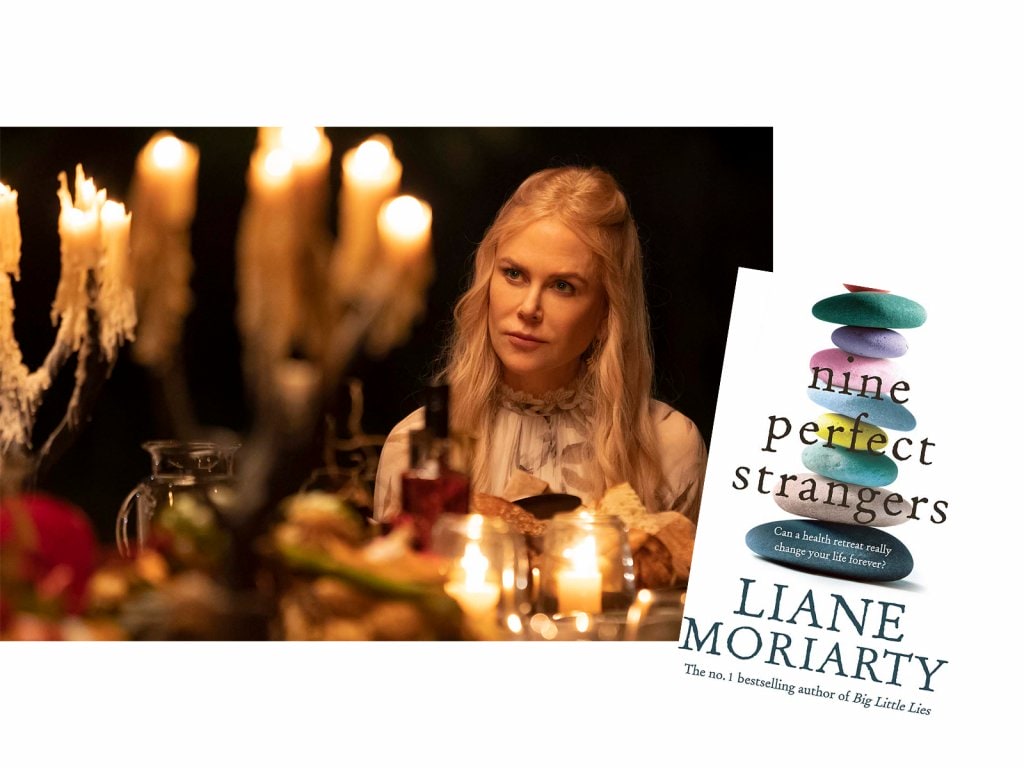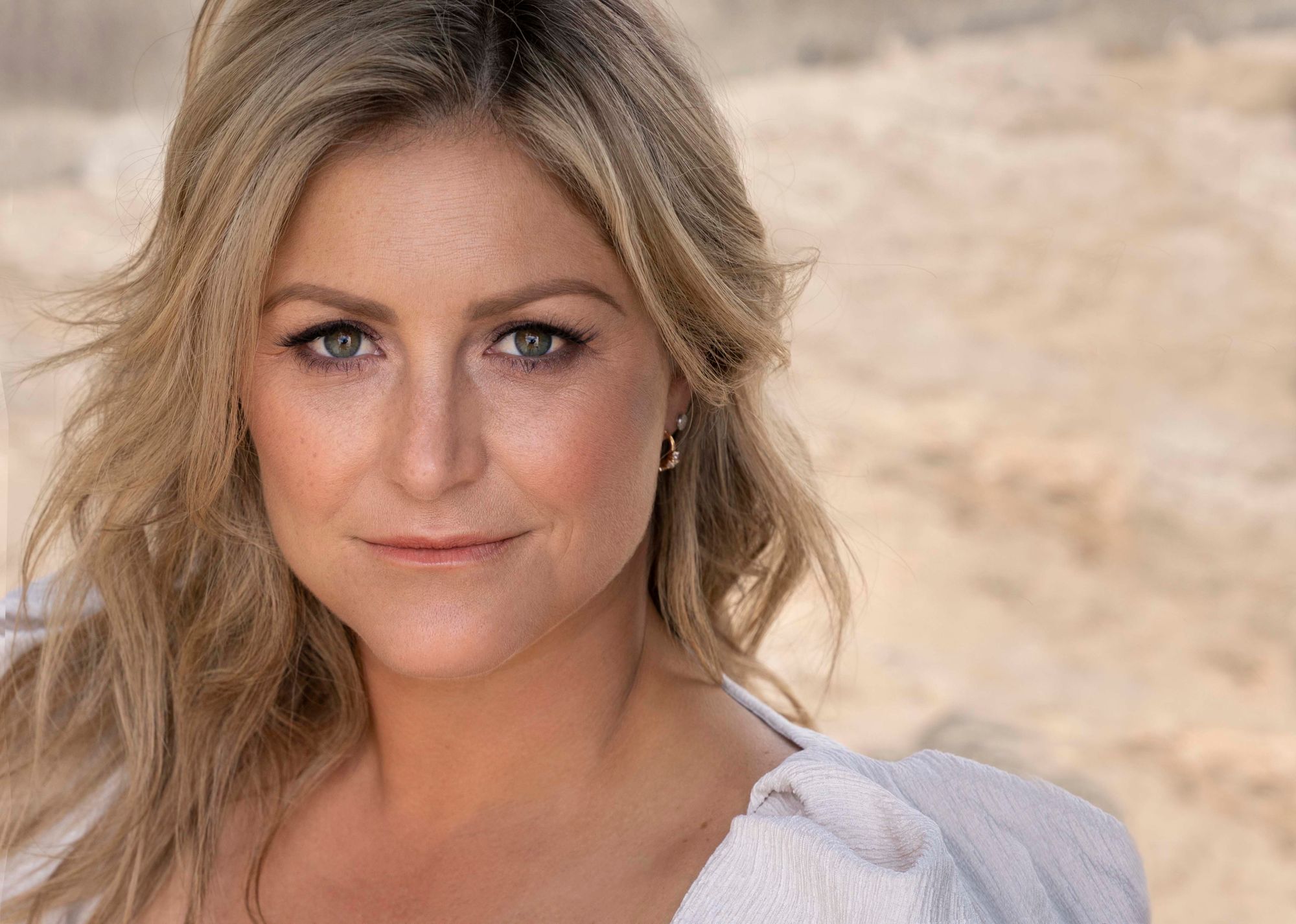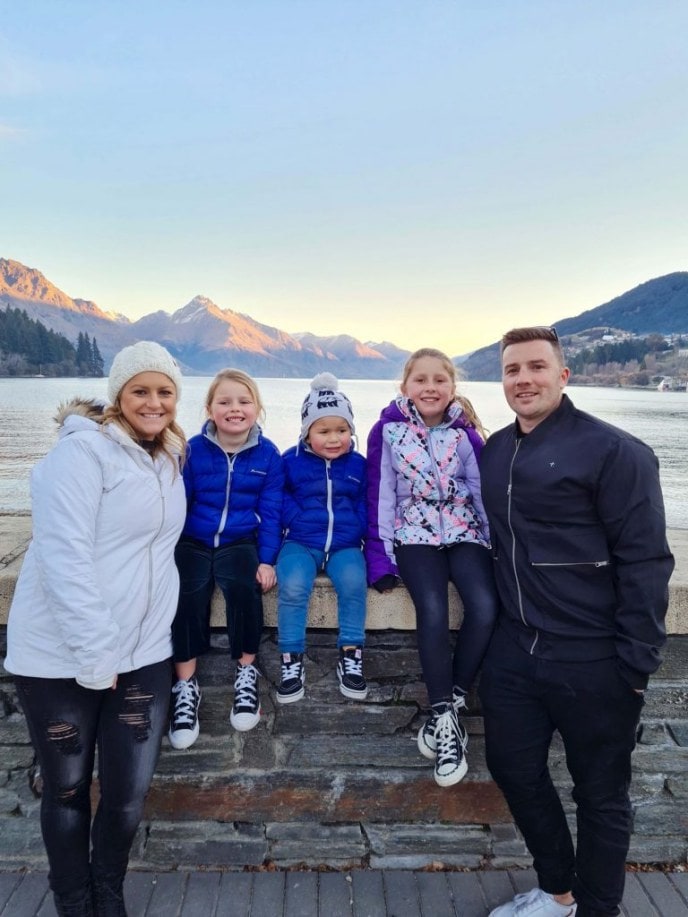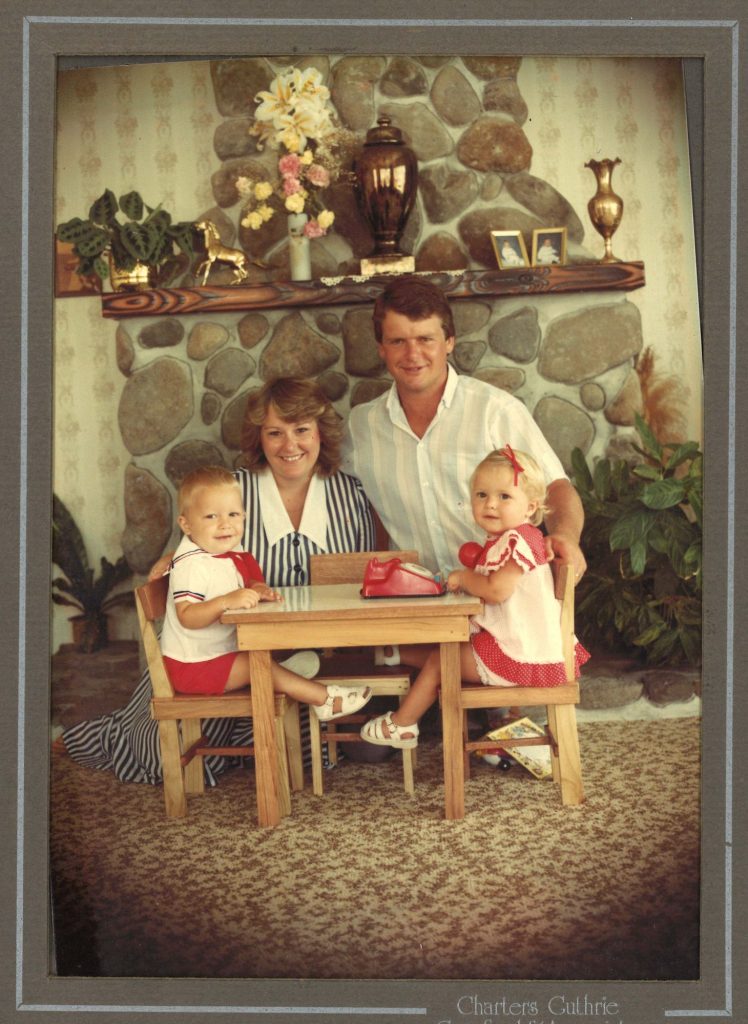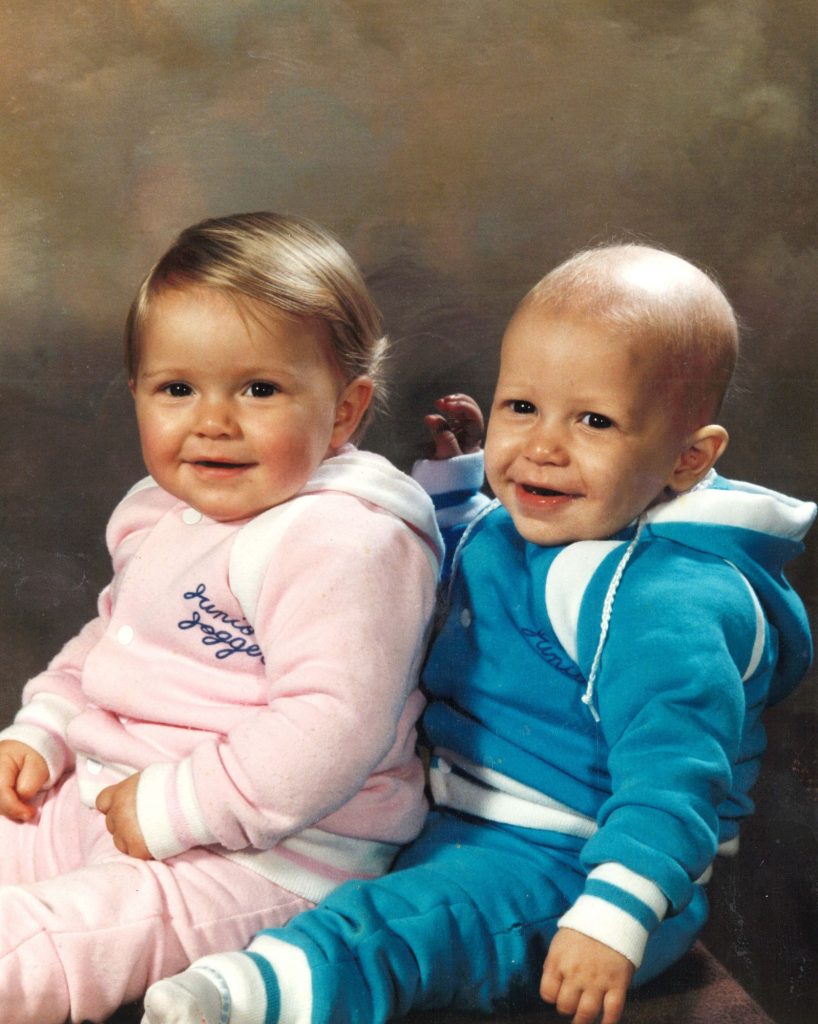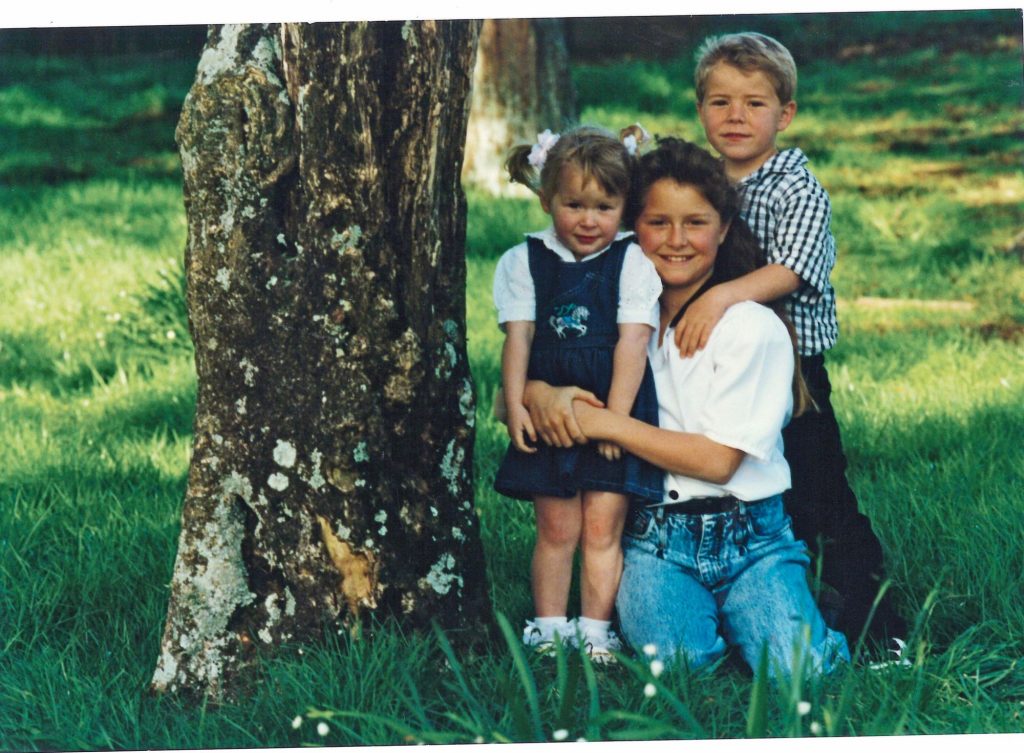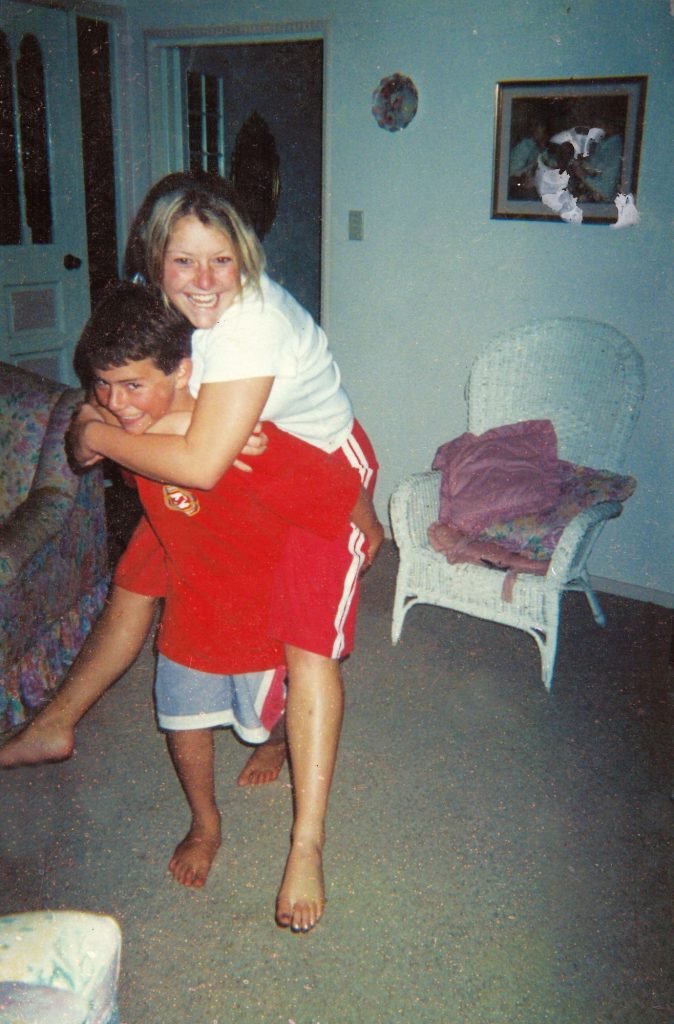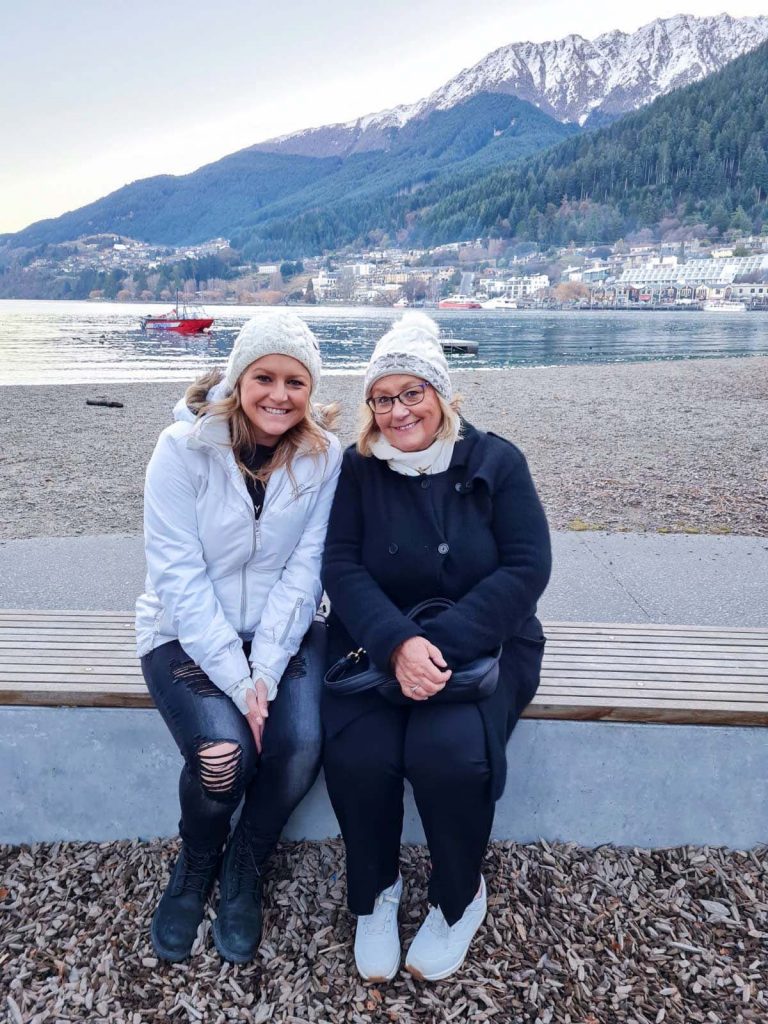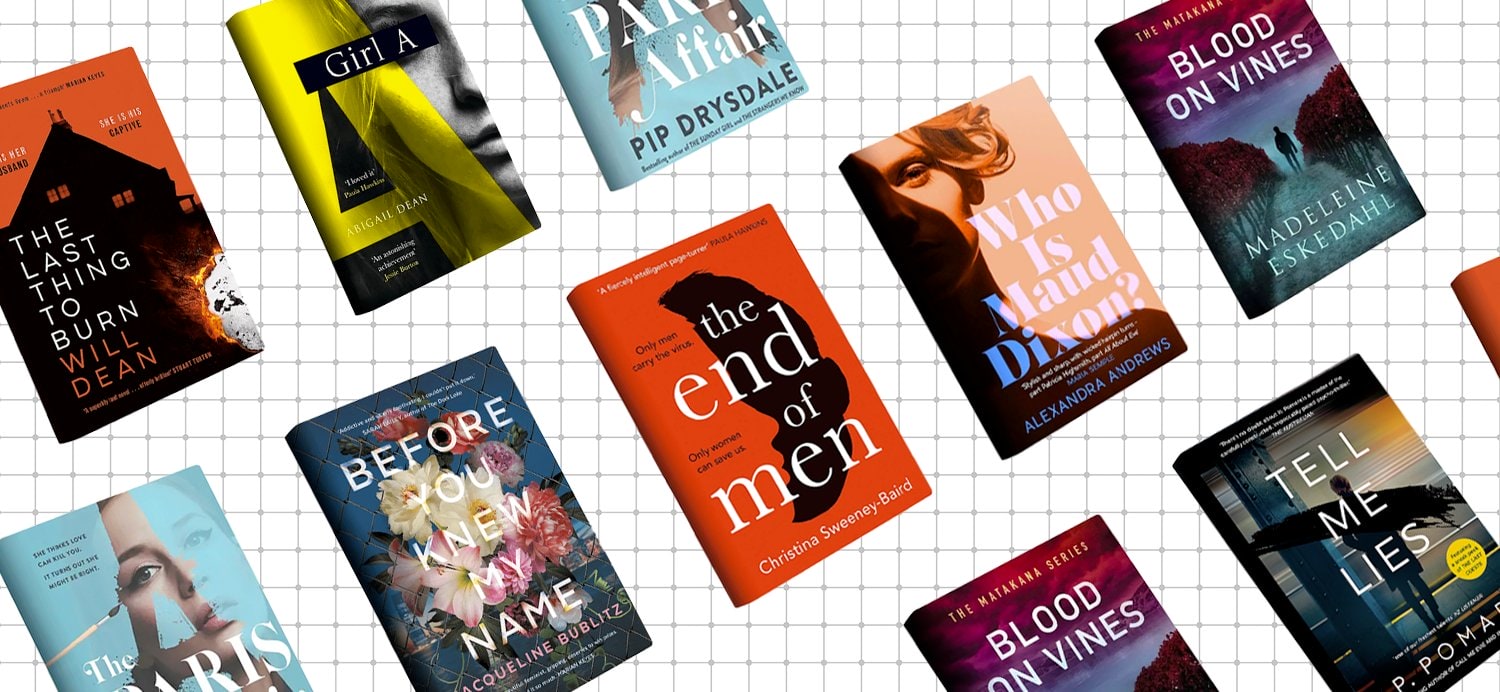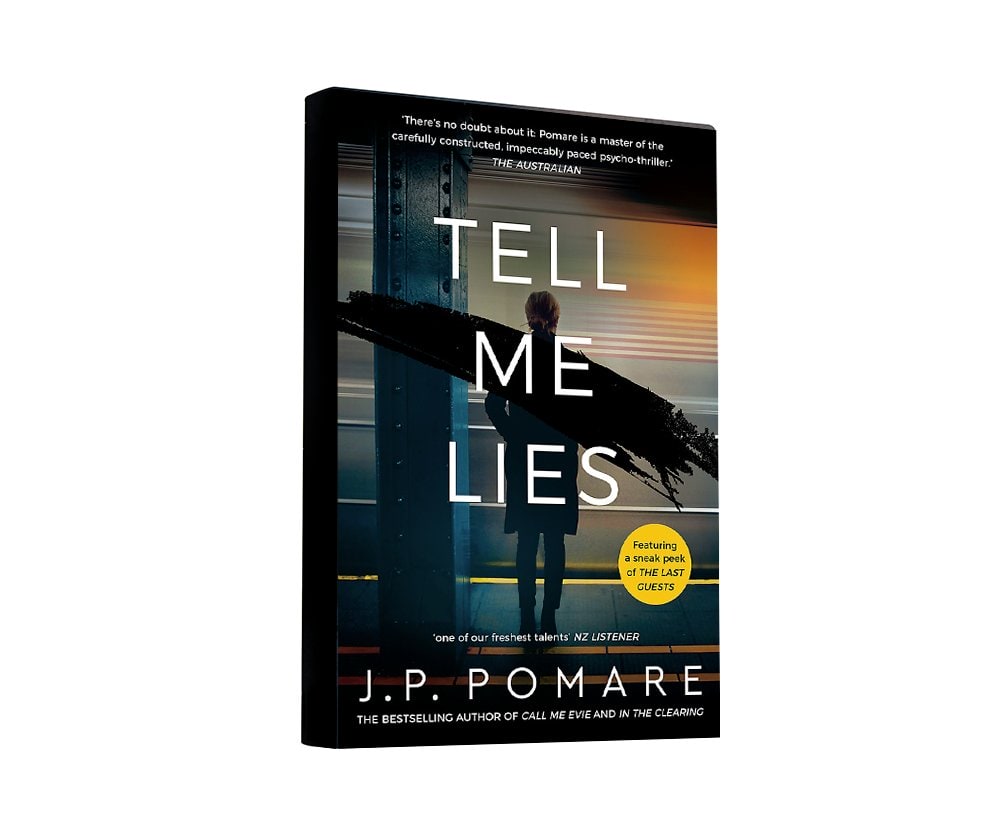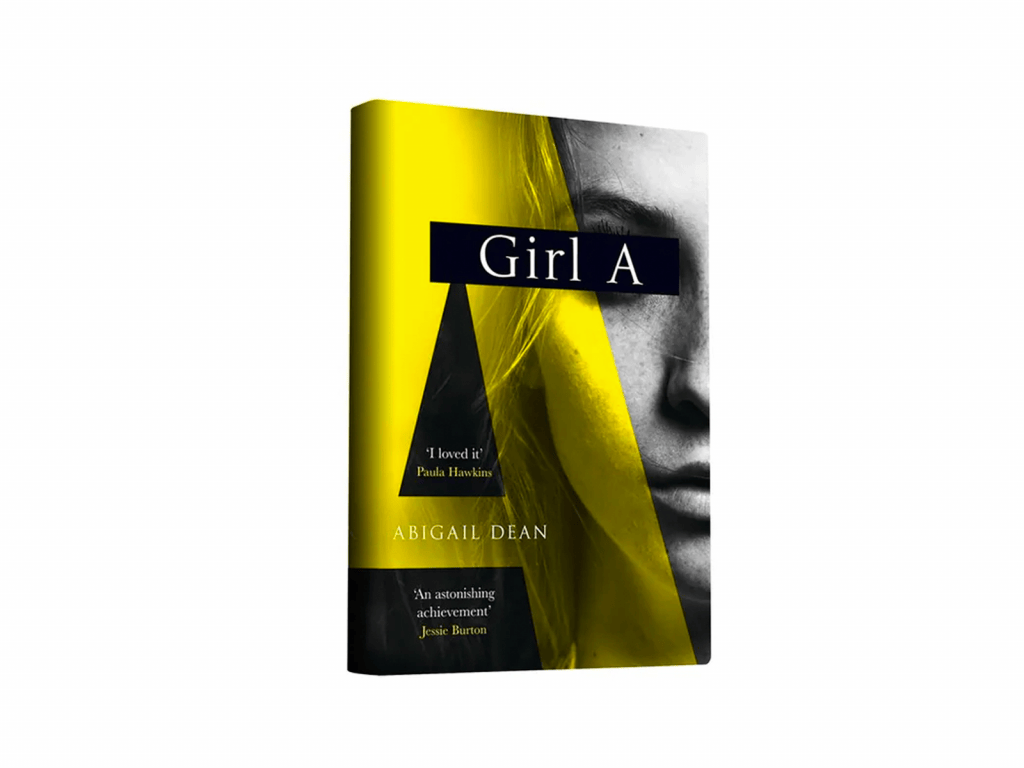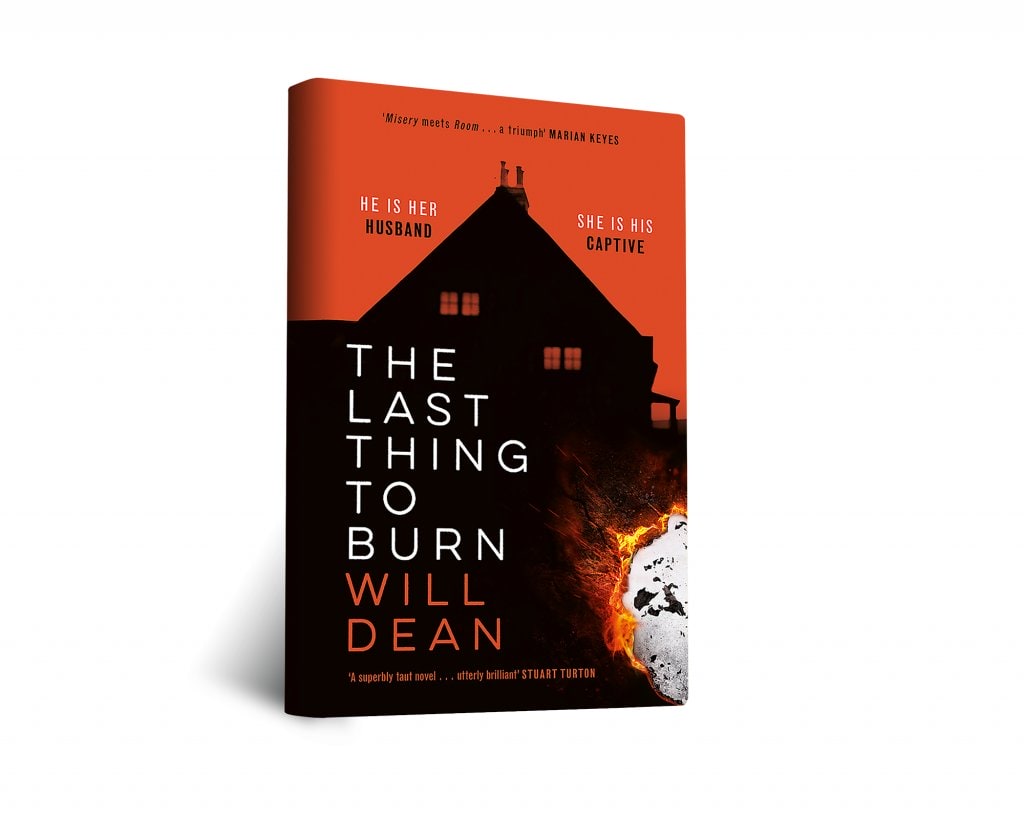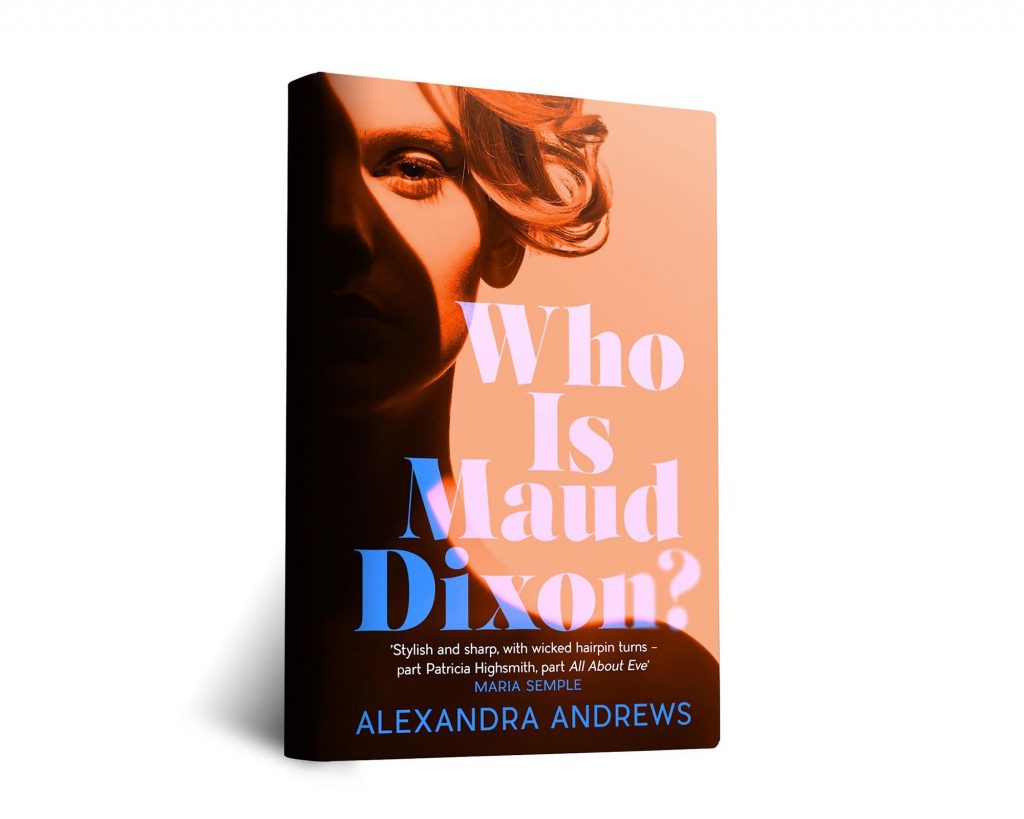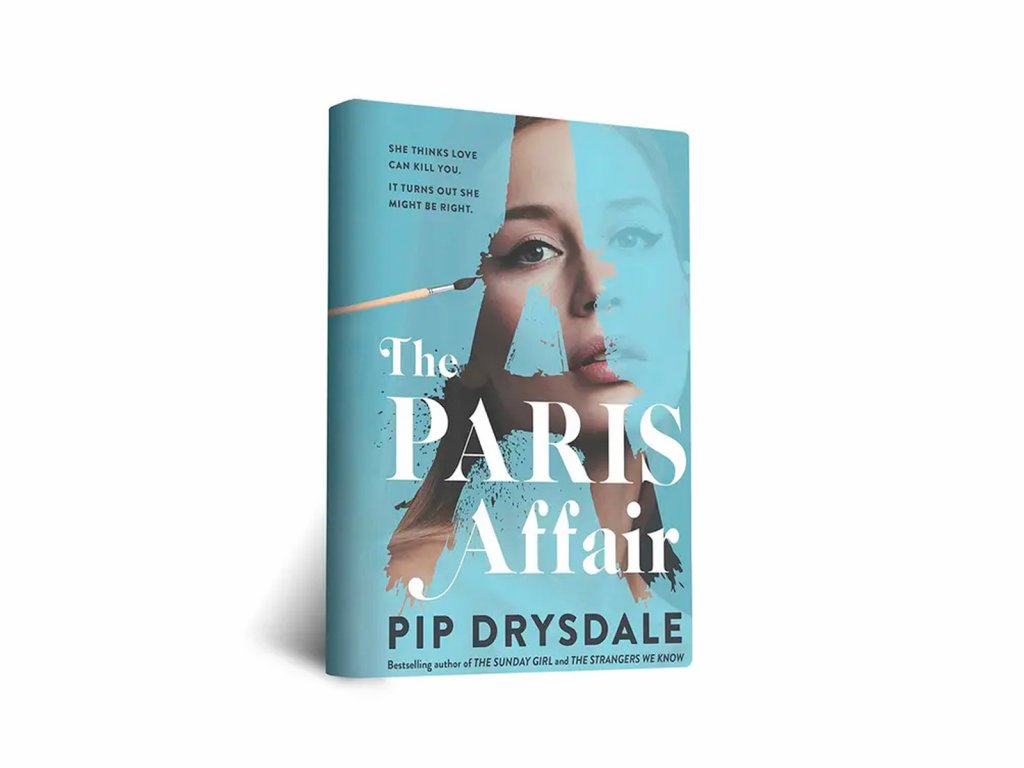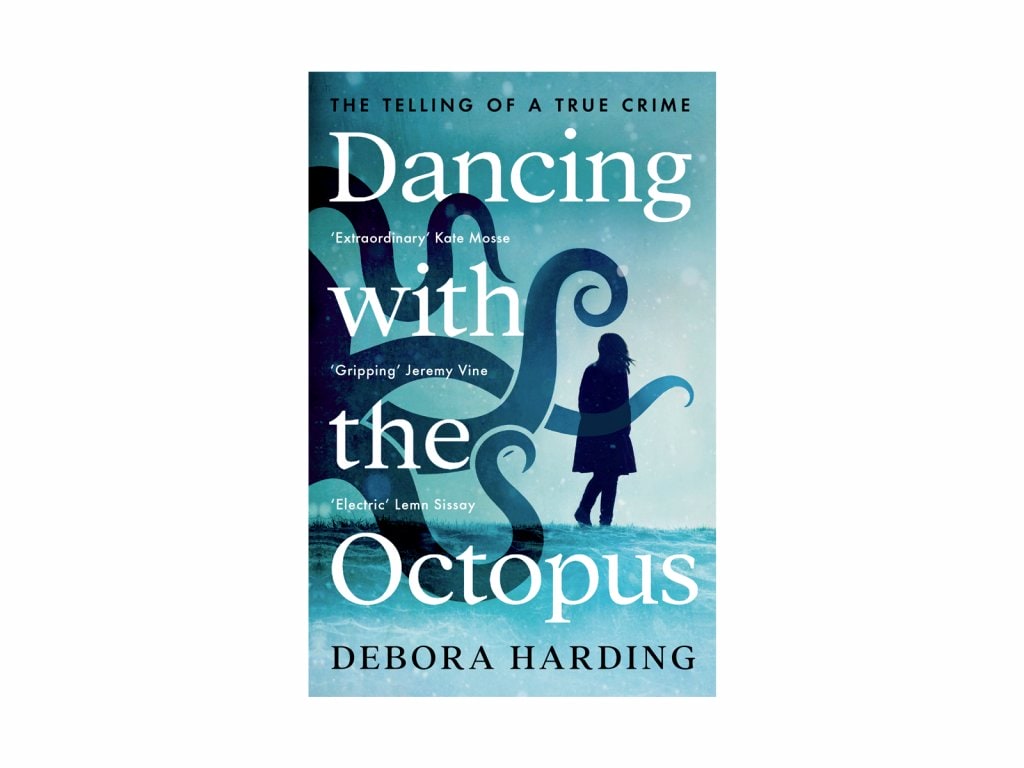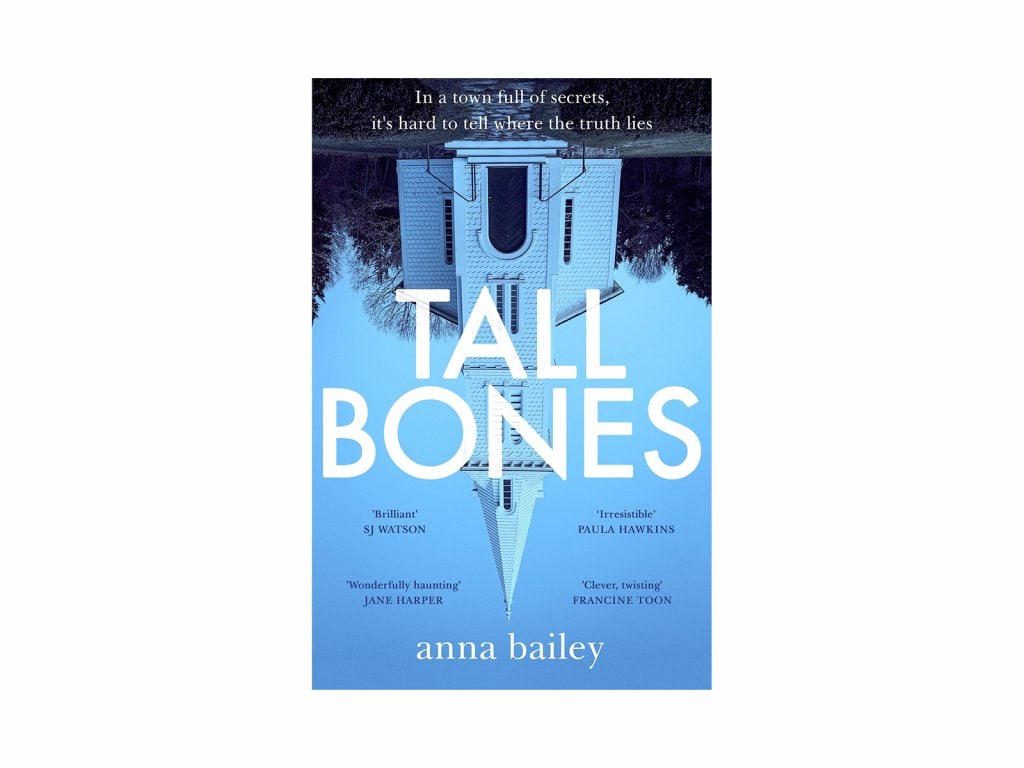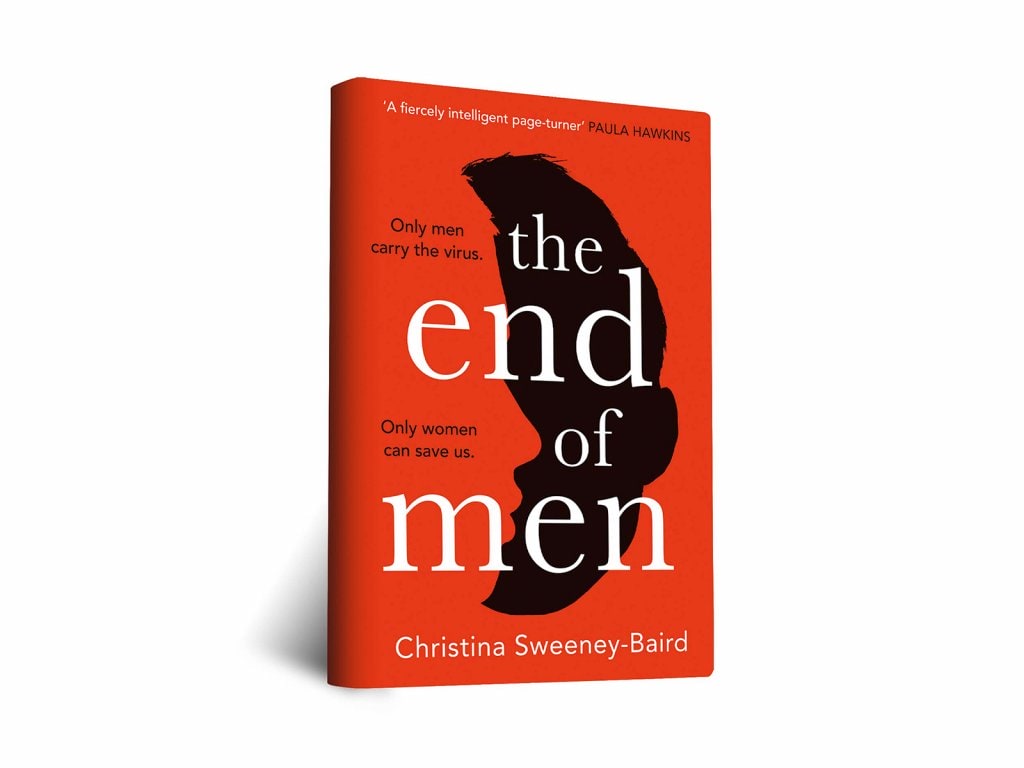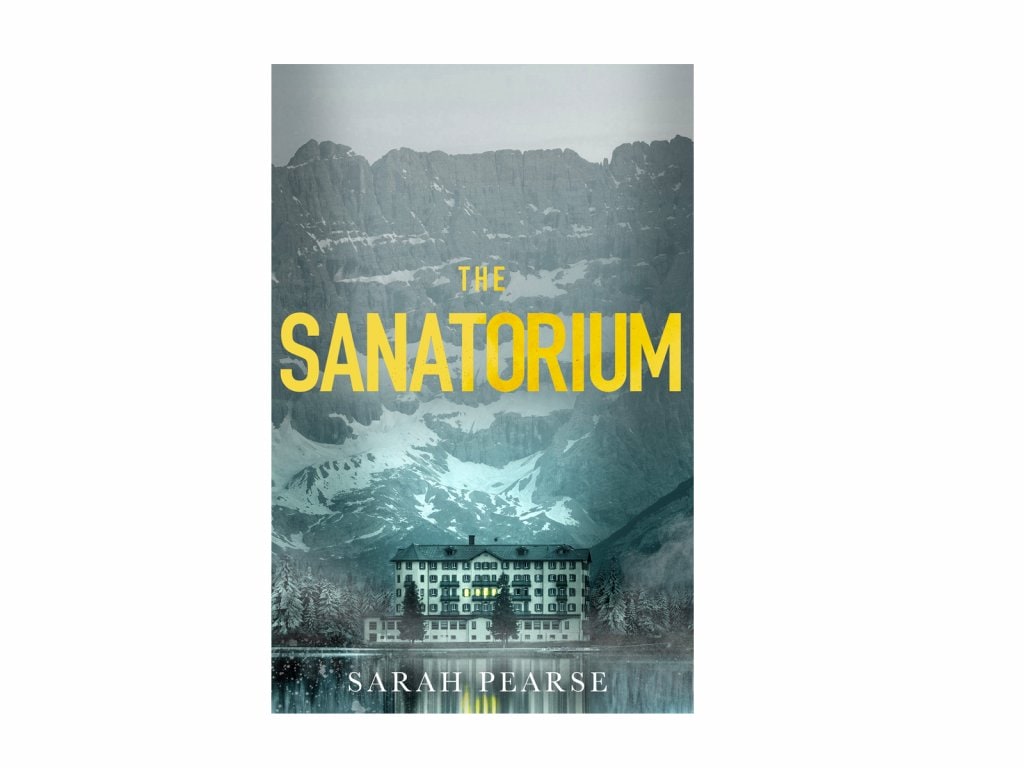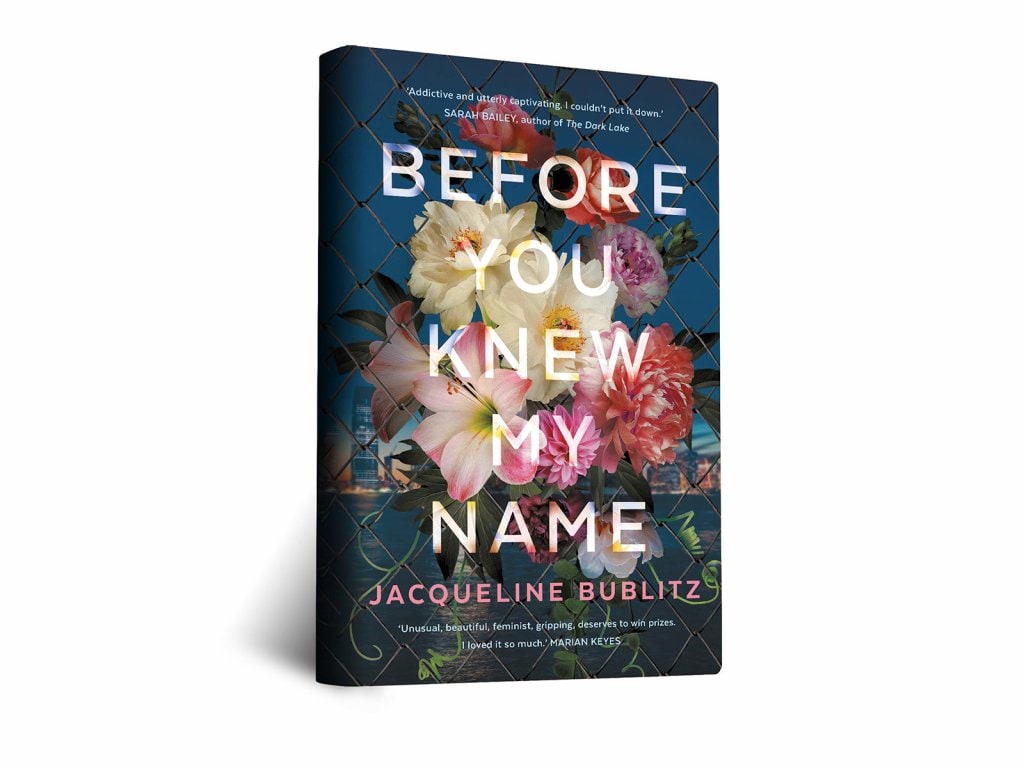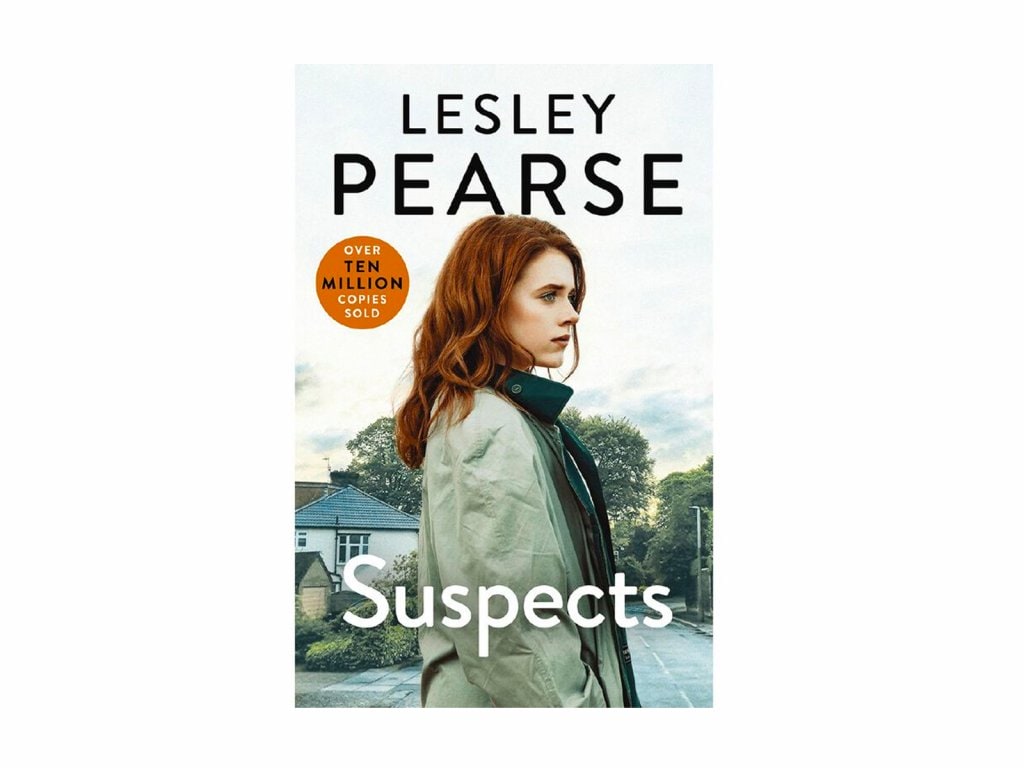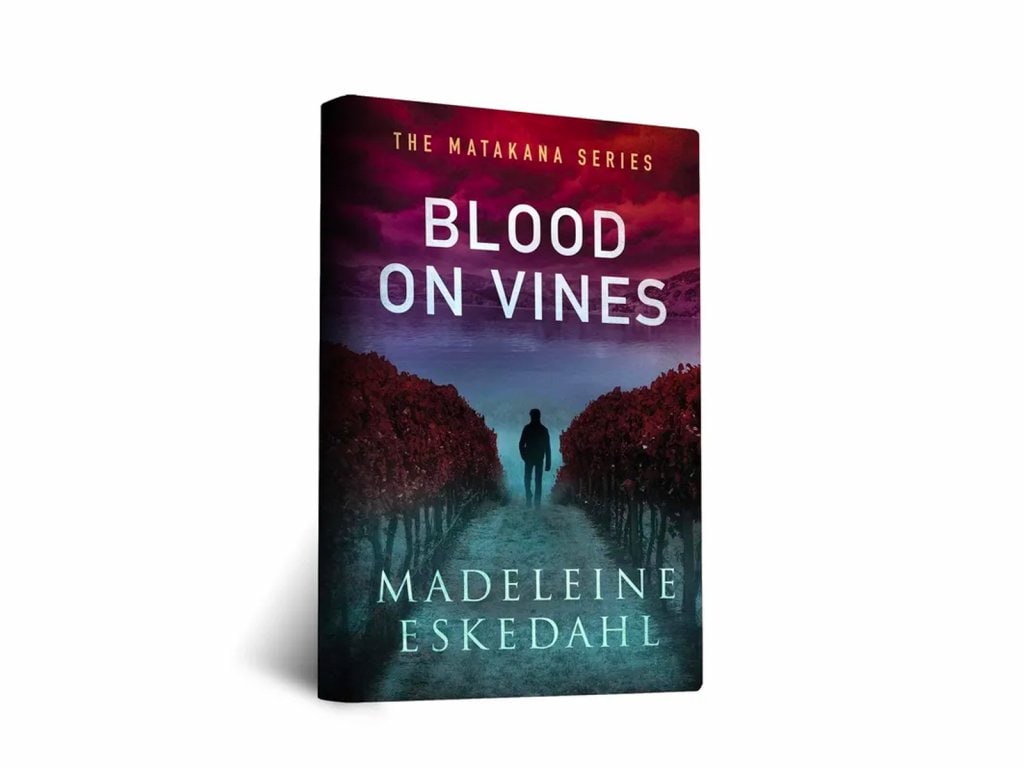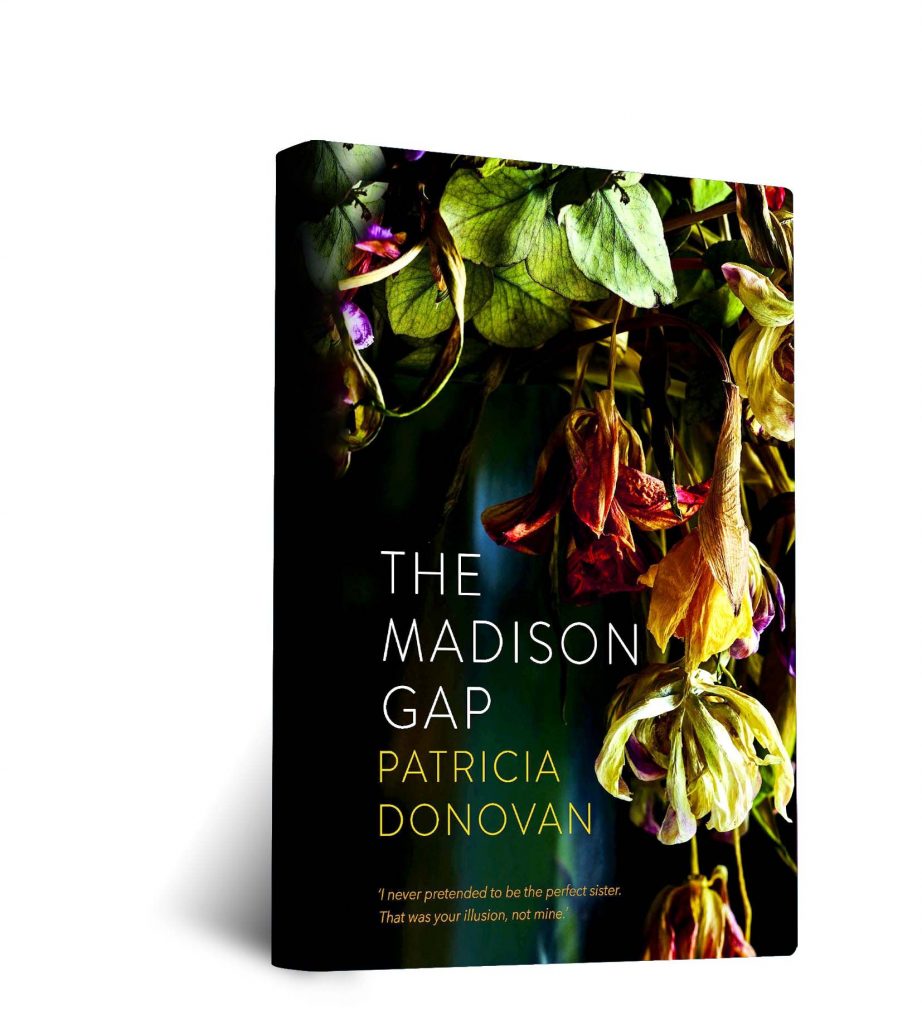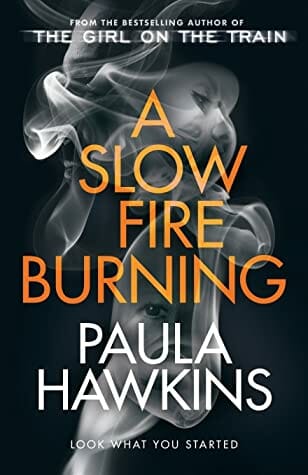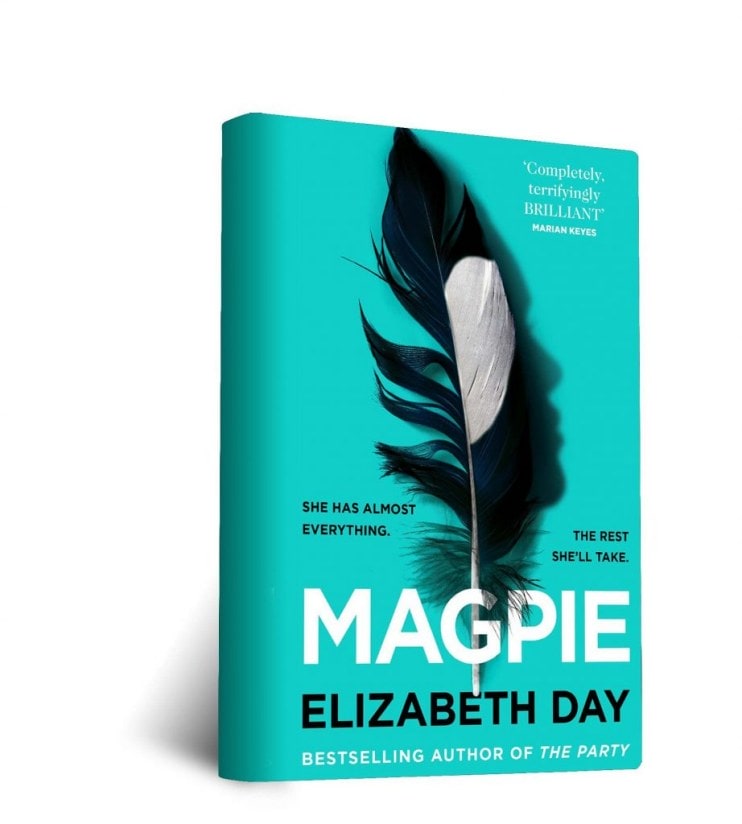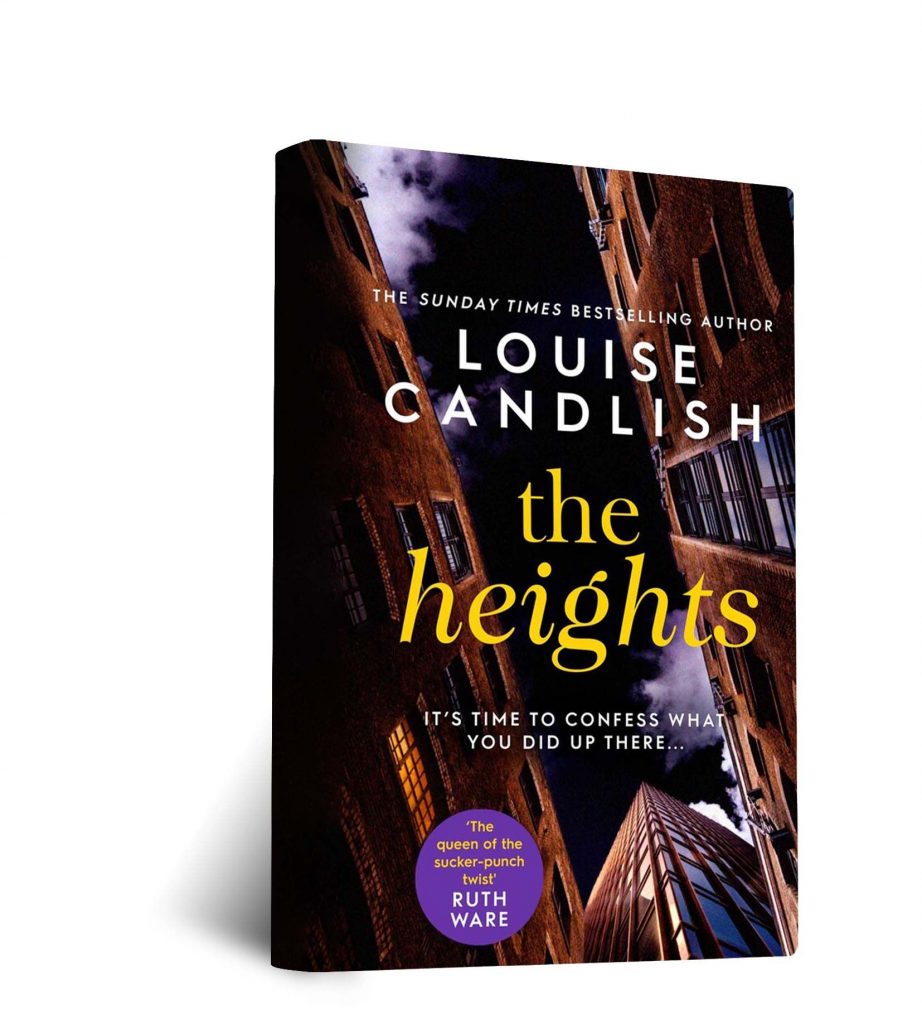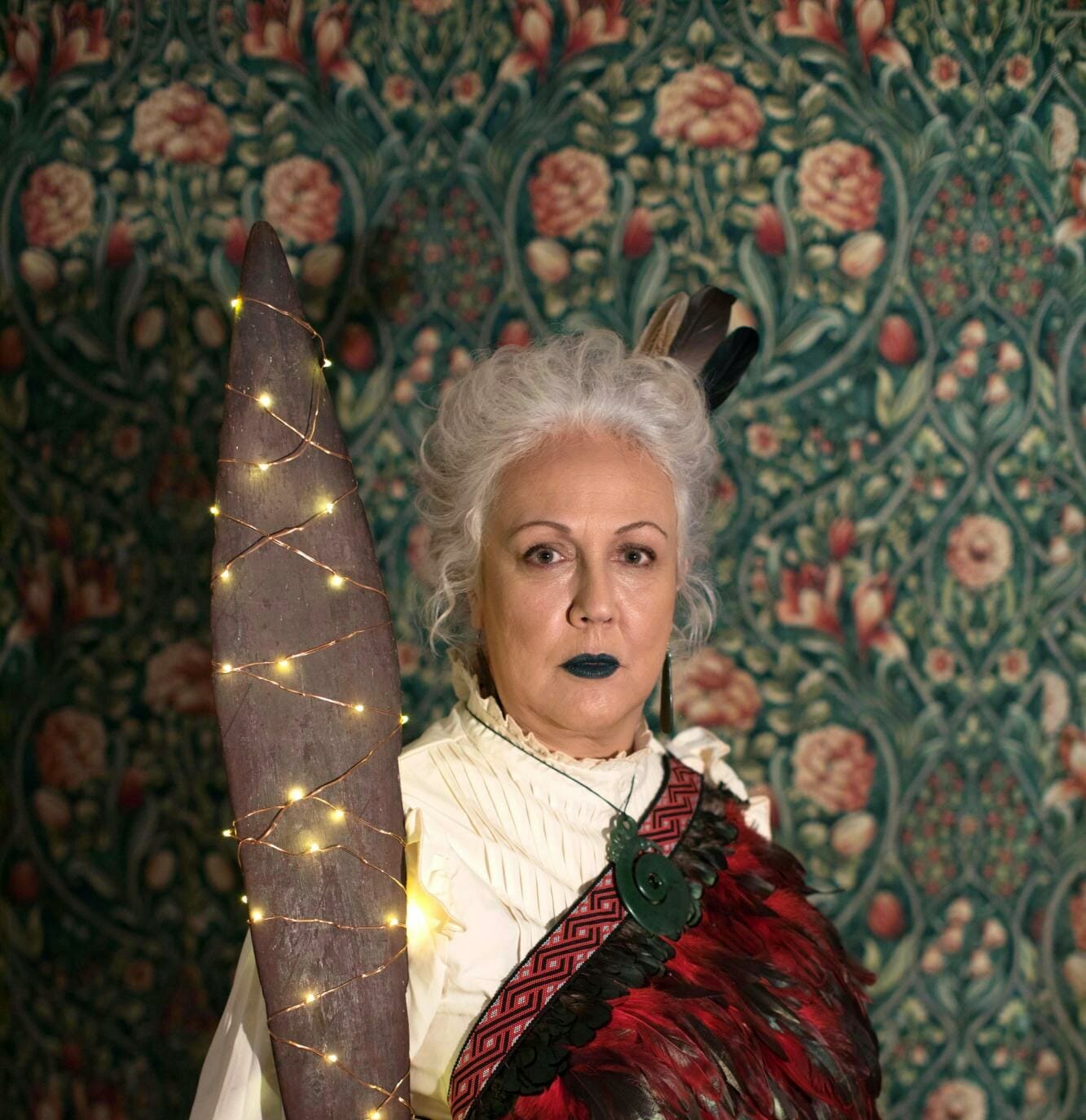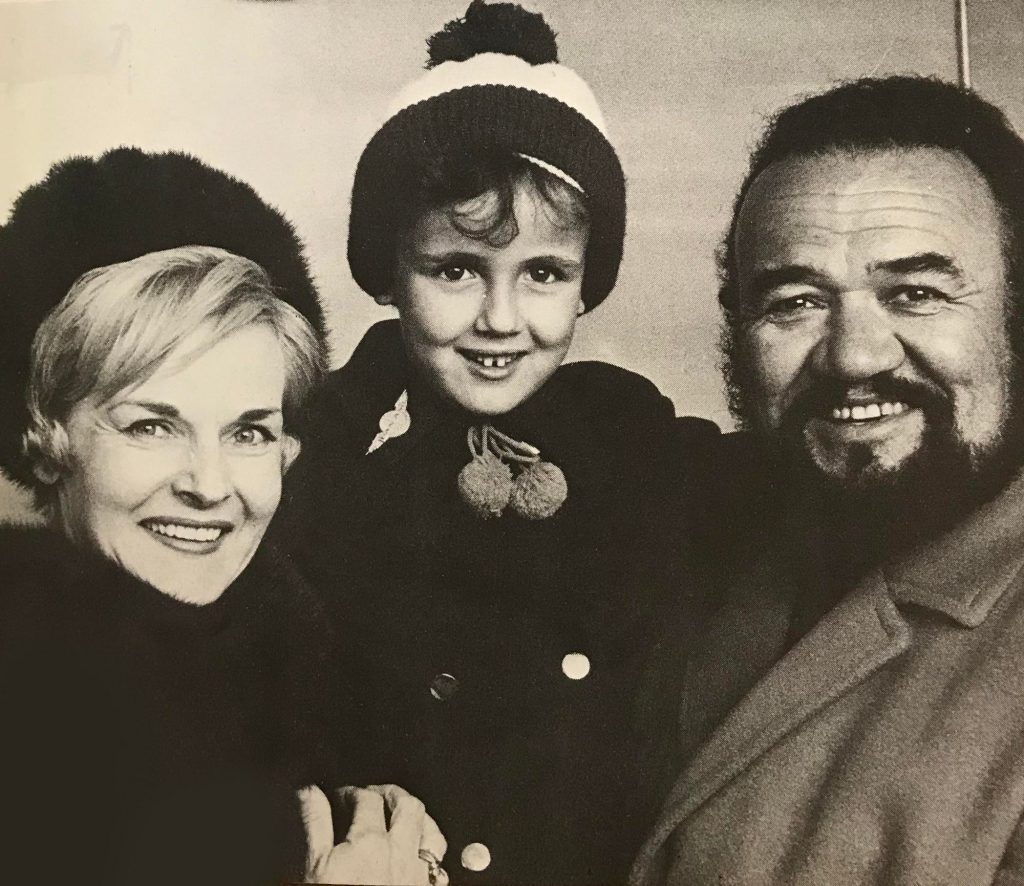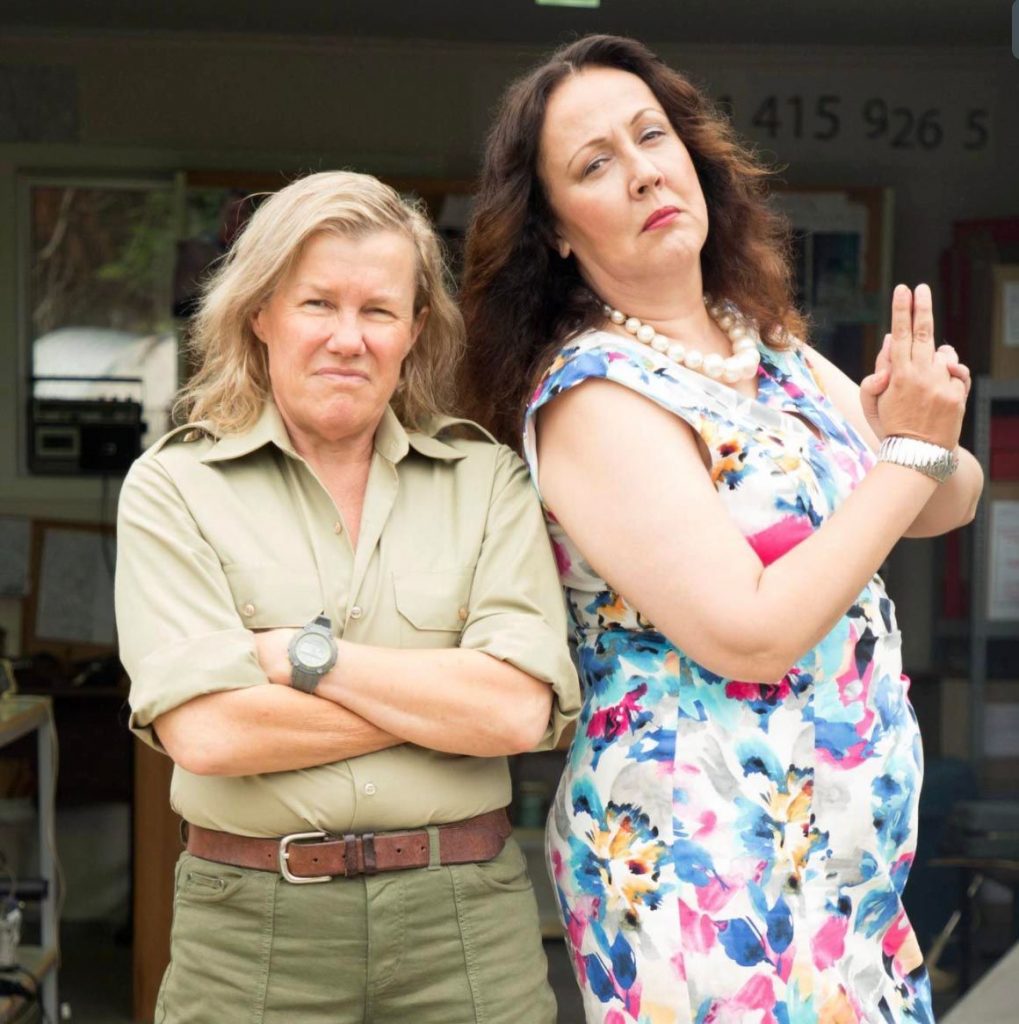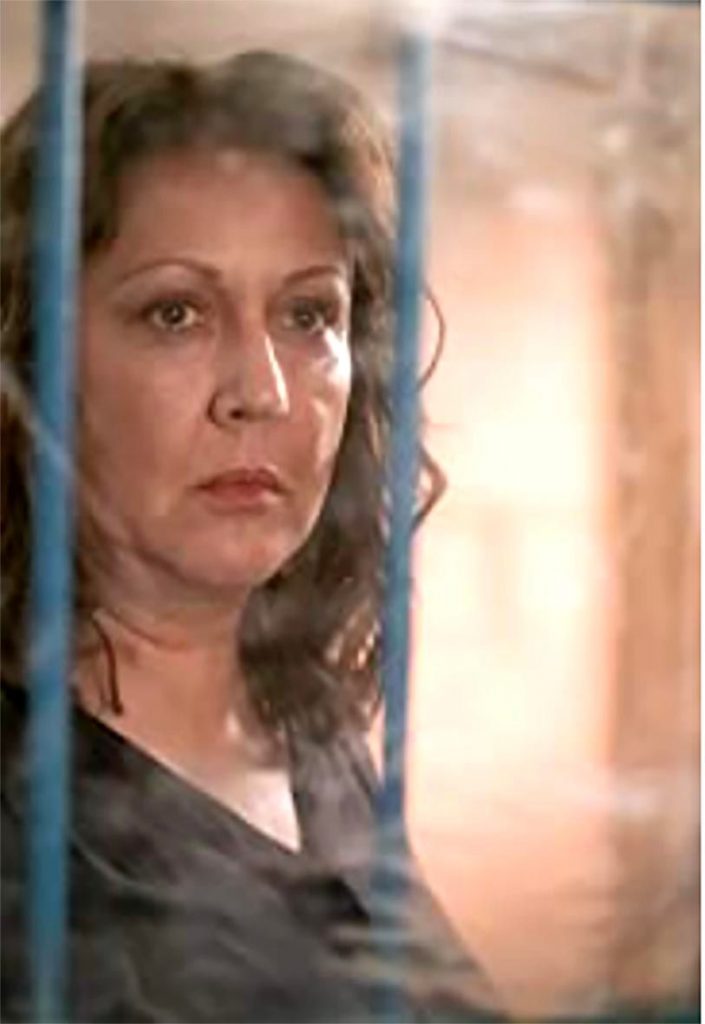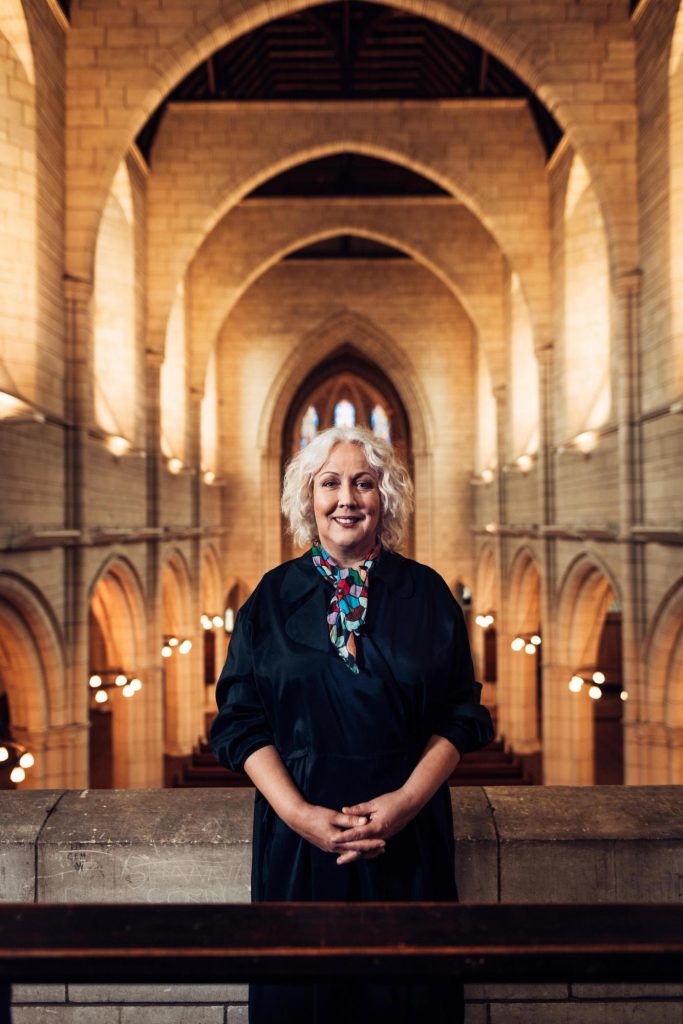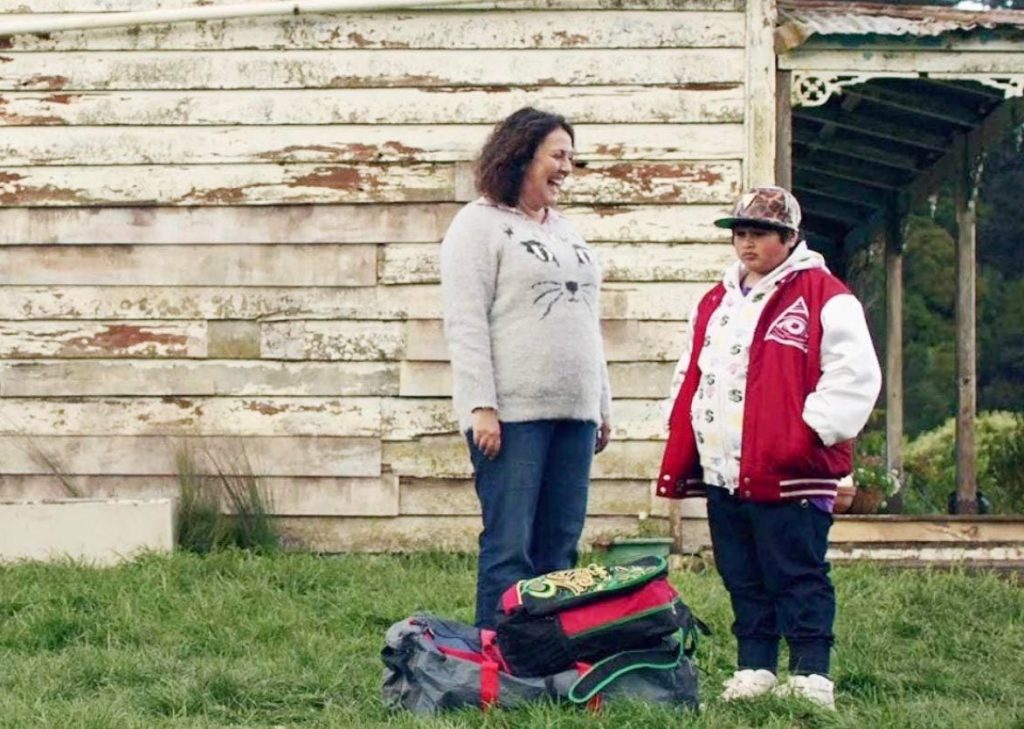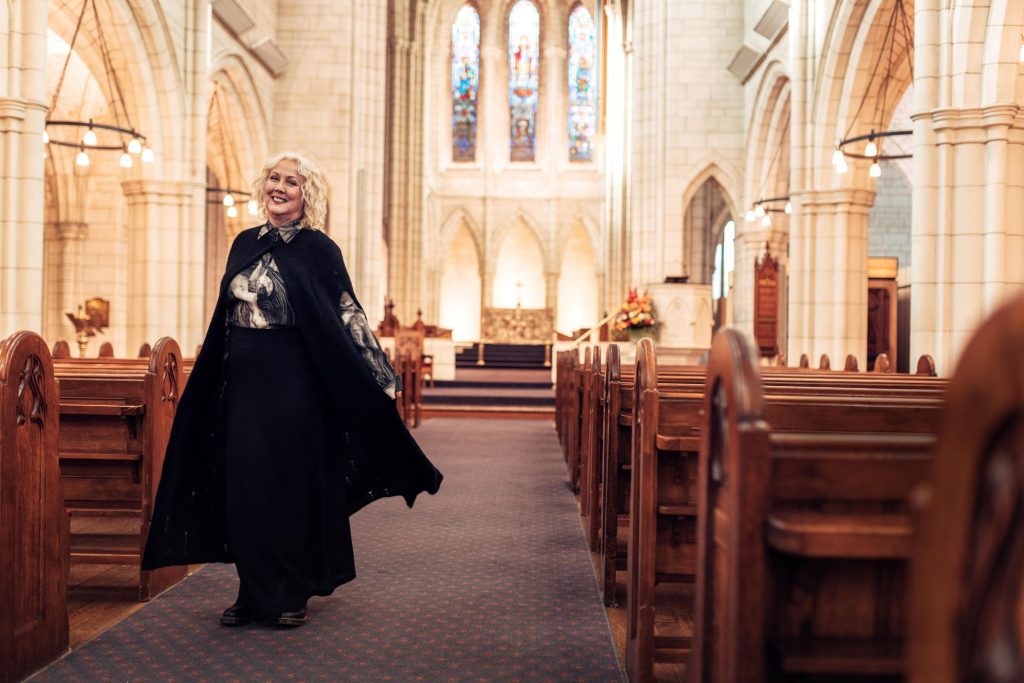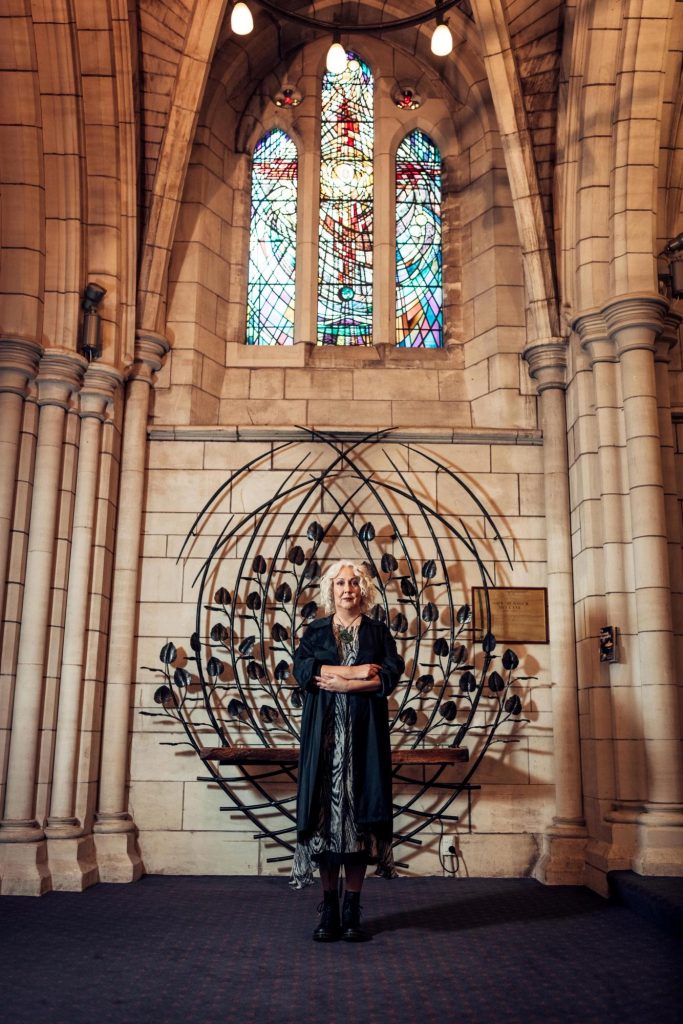Thrill-seekers listen up! If you prefer your fiction slow-burning, terrifying or downright thrilling, this round up of crime and thriller books will have you seeing red.
1. Tell Me Lies by J.P. Pomare
Genre: Thriller, mystery
Warning: you might get Fleetwood Mac’s “Tell Me Lies” stuck on a loop while you read this novel from Kiwi-born J.P. Pomare – or is that just me? Psychologist Margot Scott has a perfect life: a nice house, great hubby and kids, and a successful career. But one day it all goes wrong when she pushes a client in front of a Melbourne train. This book thrums with suspense from the get-go.
2. Girl A by Abigail Dean
Genre: Crime, drama
Call me a cynic – and plenty have – but I tend not to believe publishing houses when they say things like, “This book will define a decade.” Yet they were bang on with this debut novel from English lawyer Abigail Dean.
Lex (Alexandra) is the Girl A of the title, a successful lawyer based in New York. But she grew up in northern England with six siblings in a home the press labelled a “House of Horrors”. And it was: Lex, the oldest, and her brothers and sisters were incarcerated, starved, beaten and bound to their beds by their monstrous parents.
When she was 15, Lex managed to escape and flag down a passing motorist. Her father, the architect of his family’s physical and mental abuse, committed suicide before he could be arrested, but her mother was sent to prison. After months of counselling, the children were eventually adopted out to different families.
When her mother dies in prison, Lex returns to England to turn the House of Horrors into a community centre, connecting with her adult siblings whose lives have been fractured in different ways by the abuse and the way each processed it, long after the headlines stopped rolling.
This tale is alive with a fury that will stay with you long after you’ve finished it, but Abigail also manages to imbue her narrative with redemption and a smidgen of hope.
Not surprisingly, there was a fierce bidding war for the manuscript and the TV rights were snapped up by Sony Pictures, because damn, this girl can write! In finely chiselled sentences that flick between then and now, she builds a portrait not only of incomprehensible suffering but also the capacity of humans to endure.
Although it’s a compelling read – it kept me awake until 3am because I simply couldn’t put it down – Girl A left me feeling more unsettled and stunned than anything in recent months. Which, given the current state of the world, is saying something. But I’ll bet you a fiver this will be a slam-dunk bestseller – who knows, it could even define a decade.
3. The Last Thing To Burn by Will Dean
Genre: Thriller
*Spoilers ahead
I’m going to call it – this is my book of the year. Jane and her husband Lenn live a simple life on a pig farm in the UK Midlands. It’s isolated, mysterious and starkly beautiful. Except her name isn’t Jane and Lenn isn’t her husband. She’s Thanh Dao, a woman trafficked from Vietnam who came to the UK on the false promise of a job and was sold to Lenn. No-one knows she’s there and on the rare occasions visitors come to the farm, she has to hide.
Thanh Dao has been trapped in this abusive sham of a marriage for seven years, forced to take on the name of Lenn’s late mother and former wife while her food, medication and even her baths are cruelly monitored. She’s tried but cannot escape, not only because of the remote location but because she fears for the safety of her beloved sister Kim-Ly, who, she is told, is working to pay off their debt to the traffickers. There’s also the monstrous injury she suffered when Lenn attacked her ankle with a bolt-cutter to ensure she couldn’t leave (you’ll need to practise your yoga breathing when you get to that bit).
Life is an endless loop of cleaning, cooking and having sex with the psychotic Lenn, who films her every move during the day and watches the tapes at night. If he doesn’t like what he sees, he punishes her by burning her few possessions – a photo of her parents, letters from her sister, a pencil.
Just when you think it couldn’t get darker or more claustrophobic, Than Dao discovers she’s pregnant. And Lenn kidnaps another woman. This is surely one of the most horrifyingly compulsive thrillers ever written. I can’t recall hating a character as much as I did Lenn, or rooting for someone as much as I did for Thanh Dao.
If you prefer your fiction slow-burning and occasionally terrifying, you’ll love this word-perfect thriller. Turn off your phone, pour a large glass of red and hope you make it to the end in one piece.
4. Who is Maud Dixon? by Alexandra Andrews
Genre: Thriller, mystery
“I didn’t see that coming,” is something you’ll say often while reading this debut novel that features so many twists and turns you could end up feeling carsick. The identity theft trope has been successfully worked over before in thrillers such as The Talented Mr Ripley and Catch Me If You Can, but this tale of two protagonists locked in a deadly game of self-invention is quite the story.
Florence Darrow wants to be a writer. Not just any writer – a famous one. Except she’s doing everything but writing: floating through life, working in a low-level publishing job she hates and having sex with her married boss. When a bad decision sees Florence sacked from her job, she takes on a role as assistant to “Maud Dixon”, a celebrated but anonymous novelist (think Elena Ferrante and you’re in the ballpark).
For Florence, it’s Christmas to the power of 10: living in the country with Helen (the real Maud), learning about life and writing from someone who, although not much older than her, is talented, worldly and so damn cool. Sooner or later you know it’s going to go horribly wrong, and when the pair travel to Morocco on a supposed research trip for Helen’s next novel, it does. Florence wakes up in the hospital after a terrible car crash, Helen is missing, presumed dead, and Florence has the bonkers idea of taking over not only Helen’s but also Maud’s identity.
But is Helen really dead? And what in bejesus is she running from? Hello, one-way ticket to madness. Alexandra, an American journalist and fashion copywriter, stirs a clever pot of mystery and intrigue in this good old-fashioned psychological thriller that will keep you up all night. As Florence tries to figure out how and why she’s been played, while reinventing herself as Maud, Alexandra turns the bats*** crazy tap on full, but in a way that never feels forced (and that works). It’s dark, funny and incredibly clever. Did I mention the backdrop is mostly a lush Moroccan setting? That’s a big, fat yes from me!
5. The Paris Affair by Pip Drysdale
Genre: Thriller, mystery
The third novel from Australian author Pip Drysdale probably isn’t the best advert for a holiday in Paris (remember overseas holidays?). Obviously there’s good food, fashion and the unmistakable je ne sais quoi of the City of Love. But a killer is stalking the streets of Paris and he has Pip’s protagonist, journalist Harper Brown, in his sights.
Let’s rewind: love hasn’t been kind to Harper, who wasted years supporting a man who dumped her as soon as he got his big musical break. Heartbroken, Harper moves from London to Paris for a gig as an arts journalist on the kind of hip magazine most lifestyle journos would trade a lung to work for.
What Harper really wants to be is an investigative journalist, but when she gets involved with an American artist, she limbo dances under the rule that journalists are supposed to cover the news, not create it – and almost doesn’t make it to the other side.
Did I also mention Harper’s been so hardened by her breakup that she plays a game with men, hooking them in and then dumping them (her record is three minutes)? If that sounds a bit like the recent excellent film Promising Young Woman, it is. It’s also a strategy that works well until it puts Harper in the murderer’s path.
This is a twisty thriller that gets inside the mind of a woman trying to negotiate the enormous speed bumps in her way. Does Harper make some silly decisions? Is she her worst enemy? Do you sometimes want to slap her? Yes, yes and yes.
But hang in there, dear reader, because Pip’s crisply written thriller is worth the effort. When Harper realises she’s caught the attention of some incredibly dodgy characters who’ll stop at nothing to protect their secrets, she has to pull off the ultimate one-two punch: stopping the murderer and landing the scoop of the year.
The Parisian setting may charm readers starved of overseas adventures, as will the chapters headed in French. But Harper’s Paris is one of shadows, dimly lit alleys and dangerous characters. Highly recommended.
6. Dancing with the Octopus by Debora Harding
Genre: Autobiography, crime
In 1978, author Debora Harding, then aged 14, was abducted, raped and left to die. It’s not until the 1990s that she suffers from PTSD, in part prompted by her mother claiming she made it all up (spoiler alert: she didn’t). Part true crime, part memoir, this book recounts Debora’s mental health issues and the ripple effect of the actions of not only one man, but also her parents. Brave and beautiful.
7. Tall Bones by Anna Bailey
Genre: Crime, mystery
The collars are blue, the necks are red and Whistling Ridge – the small Colorado town at the heart of this novel – runs on secrets and religion.
In other words, it’s the best setting for a crime novel.
Abigail (Abi) Blake is a typical 17-year-old, the hormones coursing through her veins pushing her to seek adventure outside her claustrophobic home. One night, Abi and her best mate Emma attend a party in the shadow of the Tall Bones, the white rocks that are a local landmark.
Only one of them makes it home.
Consumed by guilt over leaving Abi alone, Emma sets out to uncover the truth about what happened to her. But while unravelling Abi’s movements in the weeks leading up to her disappearance, Emma turns over stones that many in Whistling Ridge would rather she didn’t.
Enter folk not normally on Emma’s radar – people like Hunter, the son of the town’s big-wig, and Rat, a Romanian loner who lives in a trailer and is called “the gypsy” by townsfolk who don’t take kindly to anyone “not from around here”.
It’s nothing new for Emma, a Latino girl who’s felt the pointy end of racism all her life. That’s why she finds herself spending time with Rat, who plies her with the alcohol she’s becoming too fond of.
When the town’s hate-filled pastor encourages his congregation to turn on the “outsiders”, it’s only a matter of ime before the festering boil of anger and resentment is popped.
British writer Anna Bailey based her debut novel on the time she spent living in small-town USA. She flits back and forth through time, revealing events through the eyes of her characters as they pick their way through the carnage of not only that night, but also their lives.
It’s not subtle, but it’s not meant to be. Anna tosses around topics such as racism, homophobia, abuse and incest, but her silky smooth writing saves it from becoming too depressing. Plus, she’s a master at keeping readers engaged.
Remember the name Anna Bailey, because I predict we’ll be hearing it a lot more from now on.
8. The End of Men by Christina Sweeney-Baird
Genre: Thriller, sci-Fi
With so many words written about the global pandemic, you’d assume it had nowhere left to go.
Apparently not – although, to be fair, Christina Sweeney-Baird wrote her first novel before Covid-19 crashed into our planet. But her dystopian narrative about a virulent pandemic that decimates the male population at times feels eerily close to home.
It’s 2025 and in a Scottish hospital, A&E doctor Amanda Maclean treats a man with flu-like symptoms. Within three hours he’s dead and other men soon fall like dominoes. Naturally, Amanda frantically waves the red flag, but her concerns are ignored.
So the plague is left free to sweep across the globe, killing 95% of the world’s men (some are immune). It’s a story told exclusively by various women, from the UK to Sweden (even Auckland gets a look in), as they deal with the horrific passing of their husbands, sons and brothers.
If you’ve ever thought the world would be better run by women (who hasn’t?), this gives a taste of what that might look like. Surprise, surprise, it actually works pretty well – from women drafted into previously male-dominated jobs, such as rubbish collection, to campaigns to produce and raise male children. Admittedly, the latter does slide into some dodgy Handmaid’s Tale territory, with IVF lotteries, compulsory C-sections and mandatory child rearing pools.
But I was so invested in the various story strands that I was willing to overlook these minor hiccups, as well as Christina’s sometimes obvious disregard for logic. Because all the usual thriller hooks are present and accounted for and Christina, a British lawyer, knows how and when to add dashes of gasoline to the fire to keep the reader hanging on.
Is reading a book about a pandemic in current times a little bit draining? I would have thought so, but instead the opposite happened: I found myself comparing the actual pandemic to this more terrifying fictional one and thinking, sure ours is bad, but at least it’s not this bad.
9. The Sanatorium by Sarah Pearse
Genre: Crime, thriller
The brutal but beautiful setting is as much a part of the story as Sarah’s protagonists – mountains and trees as far as the eye can see, all quilted in white, seen though the architectural windows of the kind of resort most of us would never get to stay in. The hotel’s former life as a dodgy sanatorium also lends the story a creepily sinister element. For atmosphere alone, this book gets five stars.
Tip: don’t bother playing the “whodunnit” game, because Sarah skilfully manipulates events so that the ending will probably surprise you. If it’s good enough for Reese Witherspoon’s book club, then it’s good enough for me.
10. Before You Knew My Name by Jacqueline Bublitz
Genre: Thriller, mystery
If there was a prize for literature’s best murdered girl – and there really should be – it would have to go to Alice Lee.
Not only does the 18-year-old’s backstory shape this blisteringly original debut by Kiwi writer Jacqueline Bublitz, but her spirit also hangs around to narrate the story.
Two women arrive in New York City on the same day. Alice has a pocketful of cash and a camera stolen from a former teacher who abused her in small-town nowheresville USA. Her mother committed suicide when she was young and no one really cares where Alice is or what she’s doing.
Ruby Jones, on the other hand, is 36. She’s Australian, fleeing from a bloke at work who’s engaged but is keeping her on for booty calls. She’s sufficiently cashed up that she can quit her job and spend six months mooching around New York slaying her emotional demons.
Just as Alice is finding her feet – flatting with the kindly Noah and working at his dog-walking business – she is brutally raped and killed. She becomes known as Jane Doe, Riverside Park murder victim.
Meanwhile, Ruby is drinking too much and spending too long staring at her bedroom ceiling, unable to forget her cruel lover. One morning, while out for a run, she discovers Alice’s body and the two women’s lives are connected forever.
Ruby feels protective of the dead girl and tries to learn everything she can about her, while Alice hangs around the margins, a ghost trying to push Ruby towards solving her murder.
So well does Jacqueline write about life in the Big Apple, I was surprised to learn that she’s actually based in New Plymouth. Apparently, she spent a summer hanging around New York’s parks and morgues, which provided the basis for her sure-footed debut.
Yes, it’s a sucker-punch of a novel, and you’ll weep over the way both Alice and Ruby are treated by men, but Jacqueline’s sensitive handling of the subject matter makes it a winner.
Go and buy this book, then clear your schedule for a few days because once you start, you won’t be able to stop.
11. Suspects by Lesley Pearse
Genre: Mystery, crime
“Neighbours, everybody needs good neighbours,” goes the slightly annoying theme song to the long-running Aussie soap.
It’s a message the neighbours in this book seem to have missed.
Young couple Nina and Conrad Best have long dreamed of this day – the day they move into their first home. It’s located in Willow Close, a leafy street in the English town of Cheltenham, and the couple are looking forward to a good life in this seemingly perfect spot.
But their happiness is short-lived when a teenage girl from their street is found murdered nearby. The residents are each questioned by police and that’s when the novel takes a deep dive into what really goes on behind closed doors.
Neighbours who for years quite liked each other – who celebrated birthdays, holidays and drinks together – suddenly realise people aren’t who they seem. Everybody has their secrets and everyone is a suspect.
Astonishingly, this is Lesley Pearse’s 30th novel, and by gum, does she have a head for characters. There’s no shortage of them crammed into its 367 pages: a dodgy neighbour who may or may not be running guns; an architect driven to drink after losing his child in a tragic accident; a former prostitute with underworld connections; and the distraught parents whose only child has been murdered.
That one horrific incident kicks off a chain reaction in which closets are opened and long-held secrets are tossed about like leaves in a southerly breeze. Lesley perfectly captures the light and shade of a group of ordinary residents, ripped apart by a senseless tragedy. But even as the killer is revealed, you can’t help but feel sorry for them.
Lesley has sold something like 10 million books, which isn’t bad for a mother of three who started her literary career at 49. Prior to that, her life was as colourful as some of her characters: she was, in turns, a nanny, a Playboy bunny and a clothing designer.
Thankfully she found her calling, because Suspects – like all her books – crackles with energy. I gobbled it down in a day and a bit, desperate to see who the bad guys were.
12. Blood On The Vines by Madeleine Eskedahl
Genre: Mystery, thriller
If you’ve never been to Martinborough, the cute wine village north of Wellington, you need to remedy that immediately. It’s the setting for the first in a series of crime novels by Madeleine Eskedahl, a Kiwi by way of Sweden. It’s there a former winemaker is murdered, before the carnage moves north to Matakana’s wine region. Madeleine’s willingness to wade into murky territory makes this is an assured and exciting read.
13. The Madison Gap by Patricia Donovan
Genre: Thriller
One in 25. That’s how many Americans are estimated to be sociopaths. This chilling statistic forms the basis of Kiwi writer Patricia Donovan’s second novel, which opens a skylight on family dynamics, bullying and sociopathic behaviour.
It’s 2017 and Lexi Madison is living in the Sydney suburb of Glebe. Life is good: Lexi is an art director at a city advertising firm and lives in a nice house which, one day, her beloved architect husband Conor will make even nicer.
You just know the good times can’t last, and when Lexi’s older sister Chrissy comes to stay, things start to rapidly unspool. Chrissy is more attractive, glamorous and worldly than her younger sister, a fact she continually highlights.
Lexi, on the other hand, imagines having her sister stay will be all happy families, and she’ll get to know the sibling who left home when she was a child. But then Chrissy starts to ingratiate herself with Conor, and Lexi realises that her dreams of a tight familial unit are not to be.
Before you can say, “Blimey, that took an unexpectedly dark turn”, their long lost brother Robbie turns up. Family secrets are revealed, but when Chrissy points the finger at Robbie – and he does the same to her – it’s hard to know who to believe. Poor Lexi is the literal meat in this nasty family sandwich, and before long it’s affecting her job, her home and her marriage. That’s hard enough, but then something really bad happens – which might make you thankful for your own family, because no matter how bad they are, they surely can’t be worse than this lot.
Patricia is a skilled writer who meticulously unpicks what it means to be a family. Just because you share the same DNA doesn’t mean you have the same values or view of the world. Or that one of you can turn out to be a sociopath and the other a saint.
A brilliant read with sharp characters, an elegantly constructed narrative and a genuinely disturbing outcome. This has Nicole Kidman mini-series written all over it.
14. A Slow Fire Burning by Paula Hawkins
Genre: Crime, Thriller
You’ve probably heard of Paula Hawkins, the South African/English author who sold something like 20 million copies of her first novel, The Girl on the Train (which was turned into a 2016 film starring the excellent Emily Blunt).
There isn’t a train in sight in Paula’s third novel, but there are several boats. The story begins on one – a houseboat moored on one of London’s leafy canals, on which Daniel Sutherland is found murdered.
Cue three very different women connected in some way to Daniel: Laura, a troubled one-night-stand who was seen running from his houseboat, her T-shirt covered in blood; Carla, Daniel’s snooty aunt who never got over the tragic death of her infant son years ago; and Miriam, his busy-body, middle- aged neighbour whose own spotless houseboat covers up the trauma of her past (a suitably creepy tale of childhood abduction which comes full circle in a didn’t-see-it-coming twist).
All three women have been scorned or mistreated in some way, and each is ripe for revenge.
Rounding off the characters is Theo, Carla’s former husband who is as deeply flawed and unlikeable as she is, and Irene, a lonely pensioner who befriends Laura and is one of the few people who comes off as genuinely good (Laura is the other, a young woman abused by her family who falls through society’s cracks).
There’s even a book within a book: Miriam’s account of her horrific abduction, which we see in flashbacks. Miriam asks Theo to cast his eye over her manuscript, never dreaming he would plagiarise the story for his own literary gain. But secrets can only smoulder so long before they explode into flames.
Chuck these characters into a blender with their demons, lies, resentments and revenge, and out pops this good old-fashioned thriller.
Paula, who apparently got the idea for this novel from peering into London houseboats, is on fine form in this tense, taut read. Her writing has always had an edge of cold steel, which guarantees buckets of suspense and atmosphere. Strap yourself in people, you’re in for a wild ride!
15. Magpie by Elizabeth Day
Genre: Thriller
Magpies, in case you need a refresher, are attracted to shiny objects which they often steal to feather their own nests.
It’s an apt metaphor for this brilliant psychological thriller by Irish author and journalist Elizabeth Day.
Her fifth novel opens with a magpie, which flies into the London house Marisa is viewing for her and her boyfriend Jake to live in. Clearly, it’s a harbinger of how bad things are about to get.
Marisa and Jake haven’t known each other long, but they seem perfect for one another and move into said house where they set about playing happy families. The only thing that isn’t perfect is their ability to conceive.
Then Kate, a lodger, moves in to help pay the mortgage, sending the story off on all sorts of creepy tangents. Something about her isn’t right. Why is she so familiar with Jake and their house? Is she a magpie, trying to steal Jake? Or is it all in Marisa’s head? And why the heck can’t they get pregnant?
Just when you think you have the characters pegged, a pure genius plot twist in the middle of the narrative blows everything up and things get properly nail-biting. In the interests of spoiler culture, I won’t say anything more. All you need to know is that this cleverly written thriller is like a Russian doll – there are secrets hidden within surprises and no one quite seems to be what or who they appear.
I’ve been a massive fan of Elizabeth since her 2017 cracker The Party, and her podcast How to Fail is quite possibly the best thing I’ve ever heard. Even if you’re not familiar with her work, you’ll be a total convert after reading this gripping page-turner. Not only because of the superb writing, but also the sensitive way Elizabeth weaves her own personal pain into the 300-odd pages – she’s suffered three miscarriages and undergone three rounds of IVF and based the story on her own heartbreaking fertility experiences.
A definite highlight of 2021. Give this woman all the awards now.
17. The Heights by Louise Candlish
Genre: Thriller
Last year, I spent two hours a day commuting by train to work. What kept me sane was Louise Candlish’s audiobooks. So when the British writer’s latest novel arrived, I jumped on it. This time around, the story focuses on a woman and the bloke she thought she had killed a few years ago, a man who ruined her life and her son’s. Cue a nail-biting chain of events.
